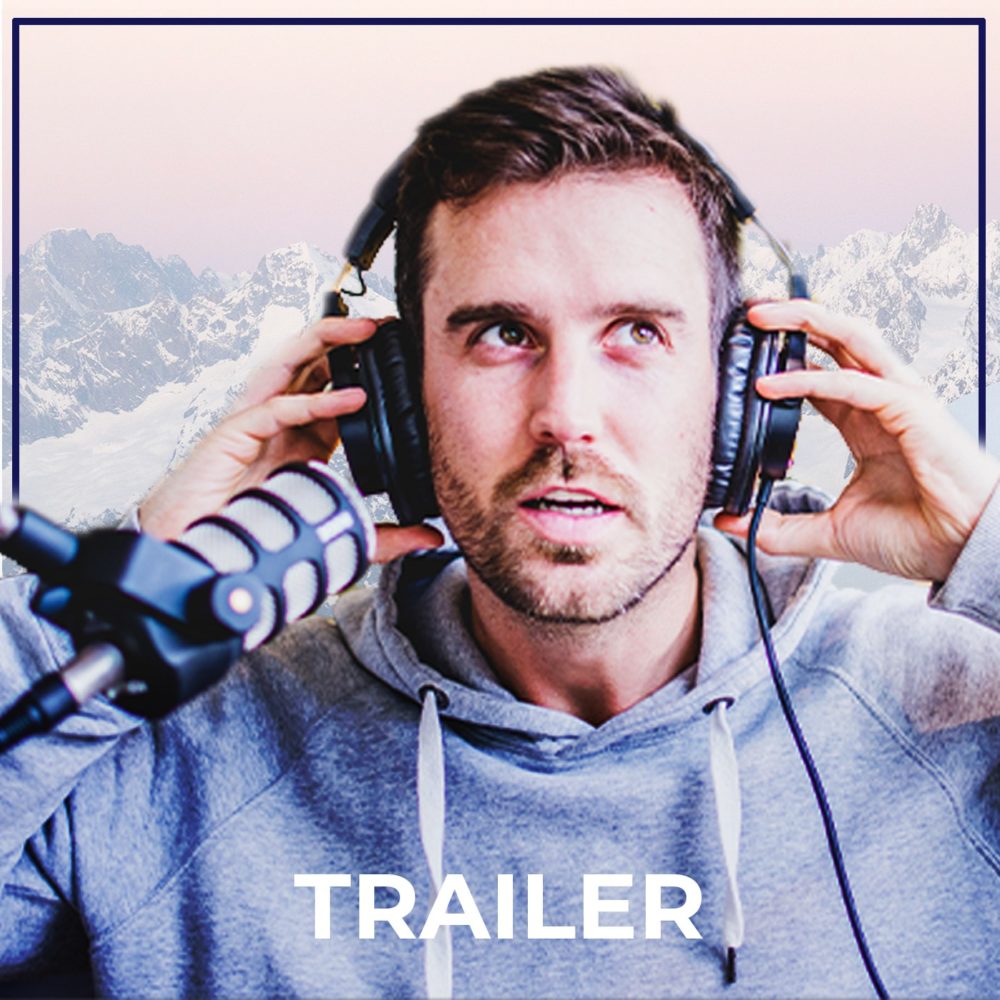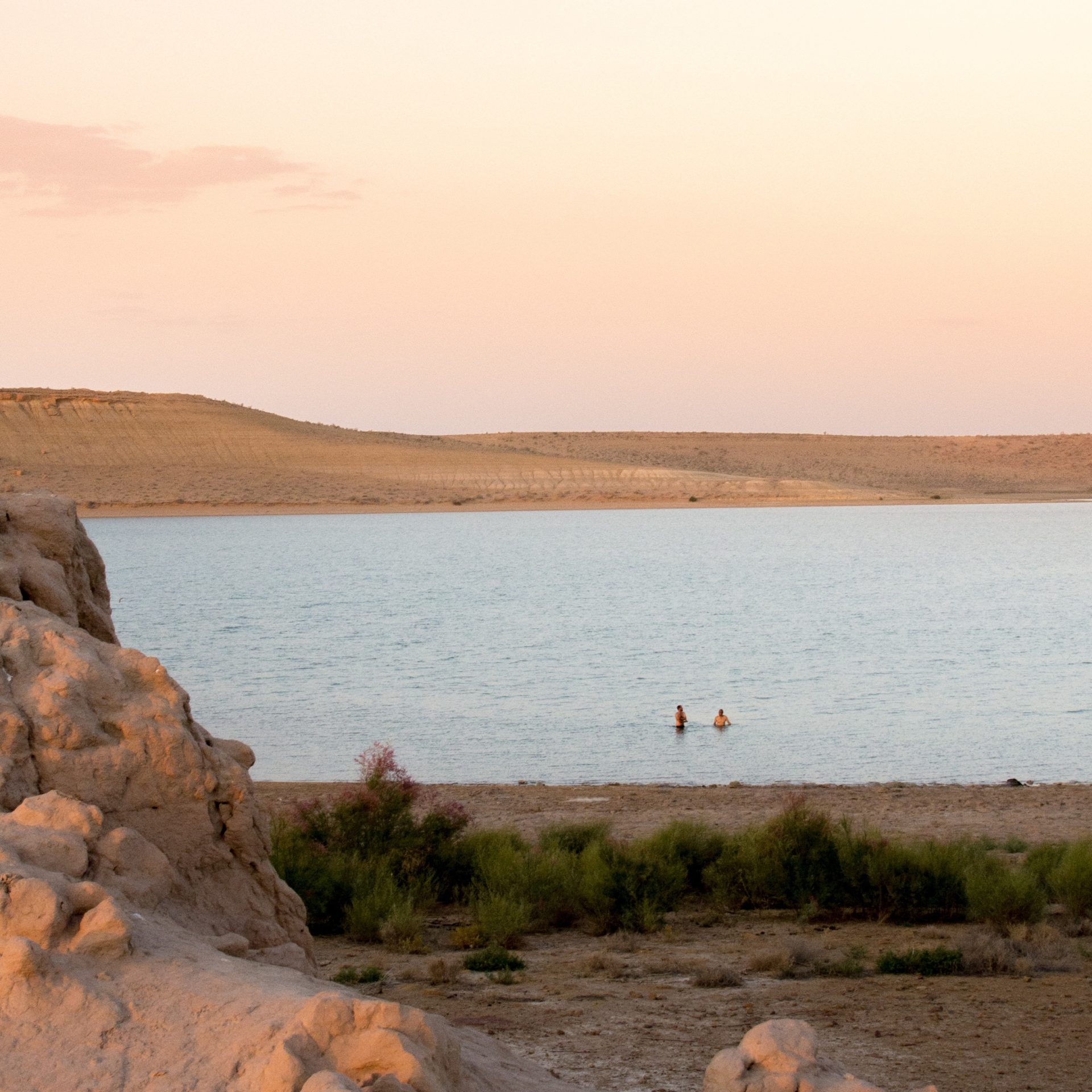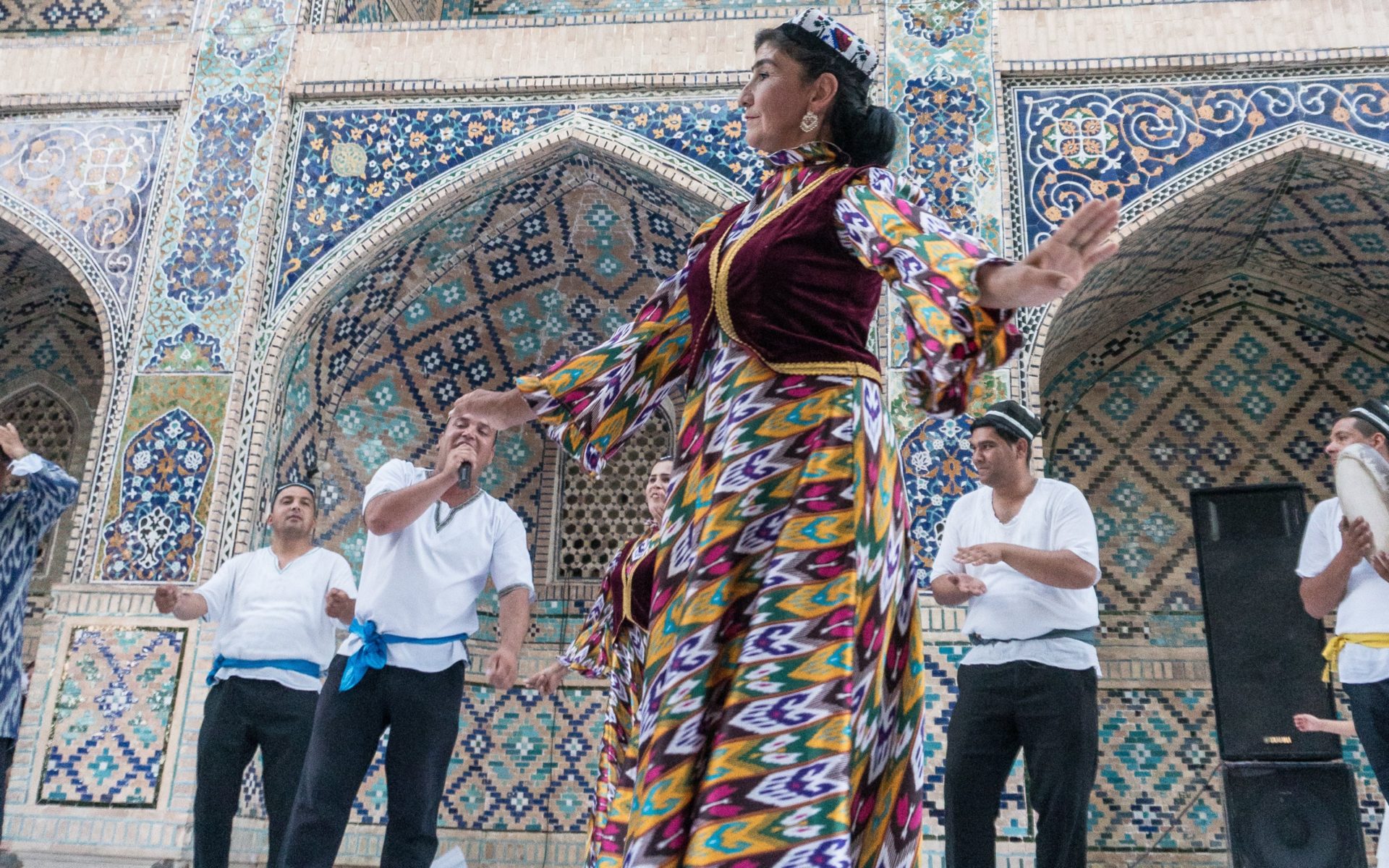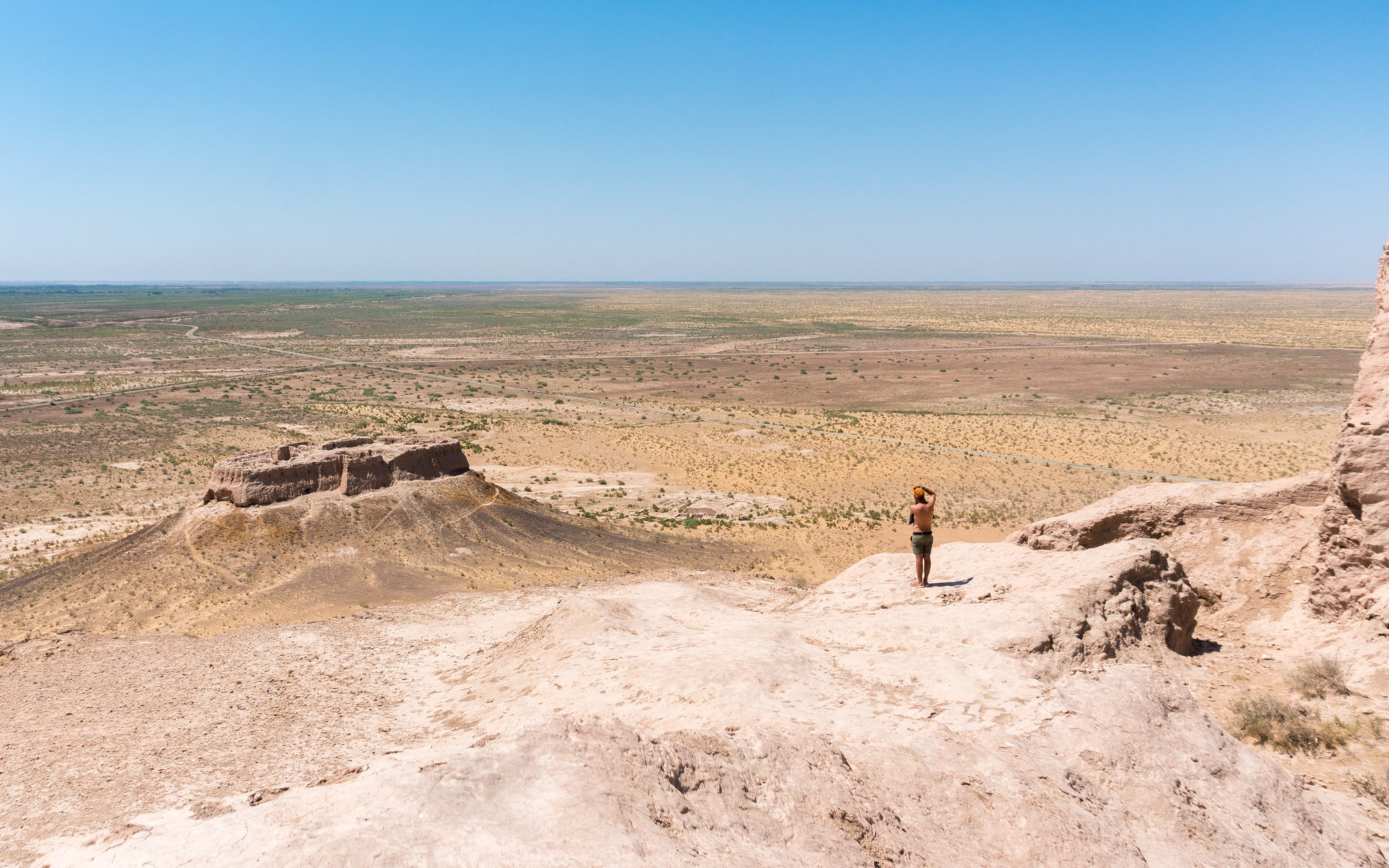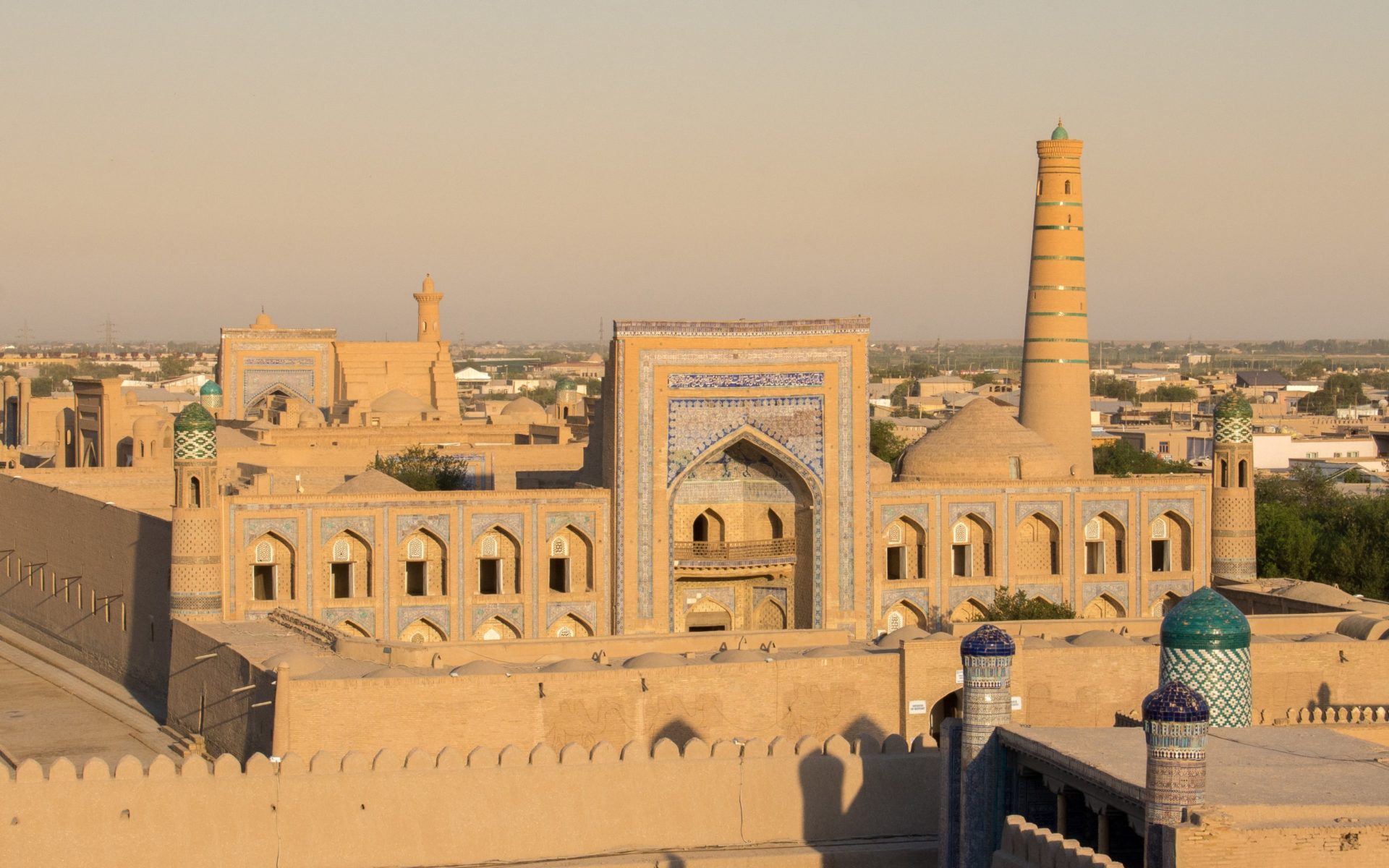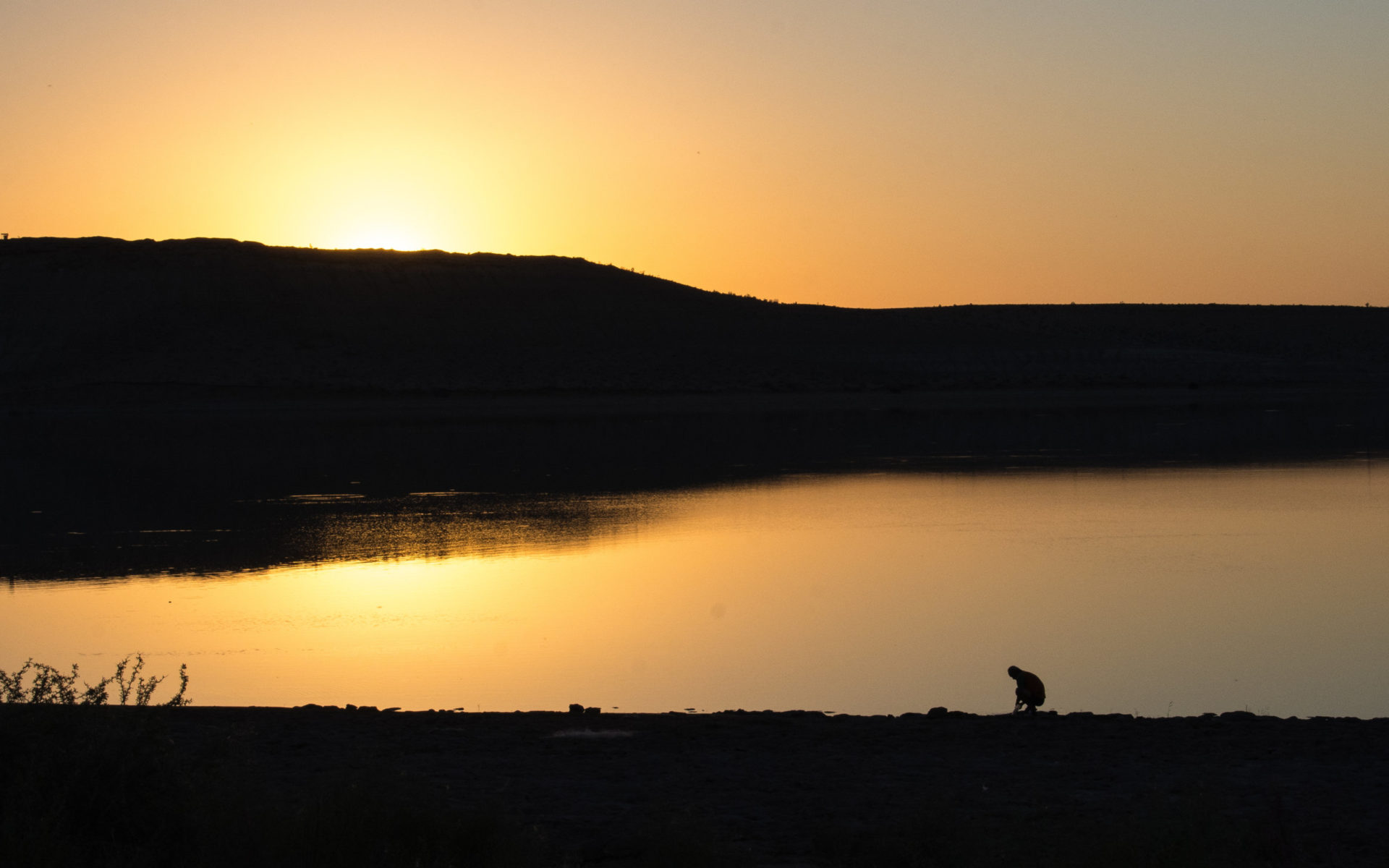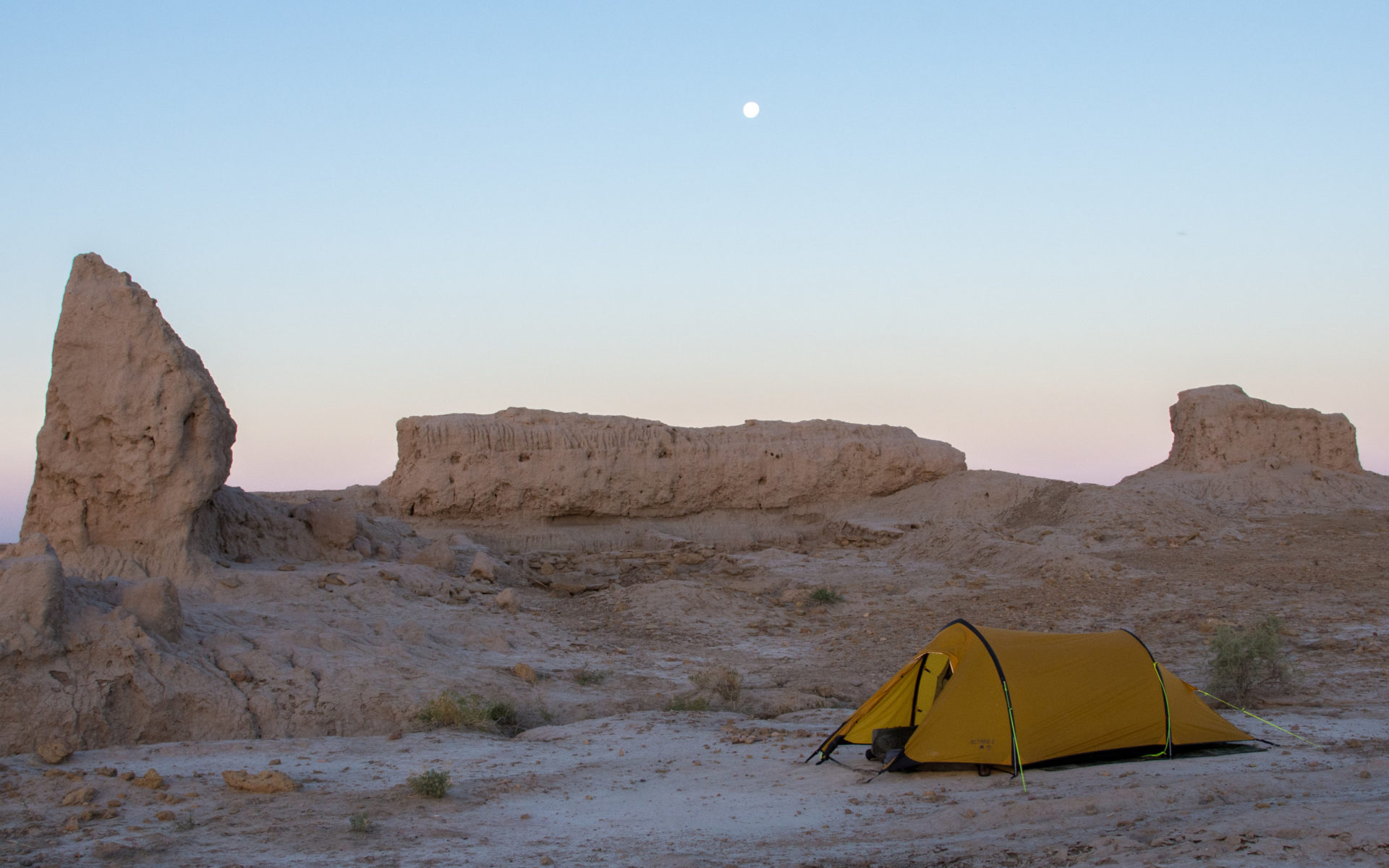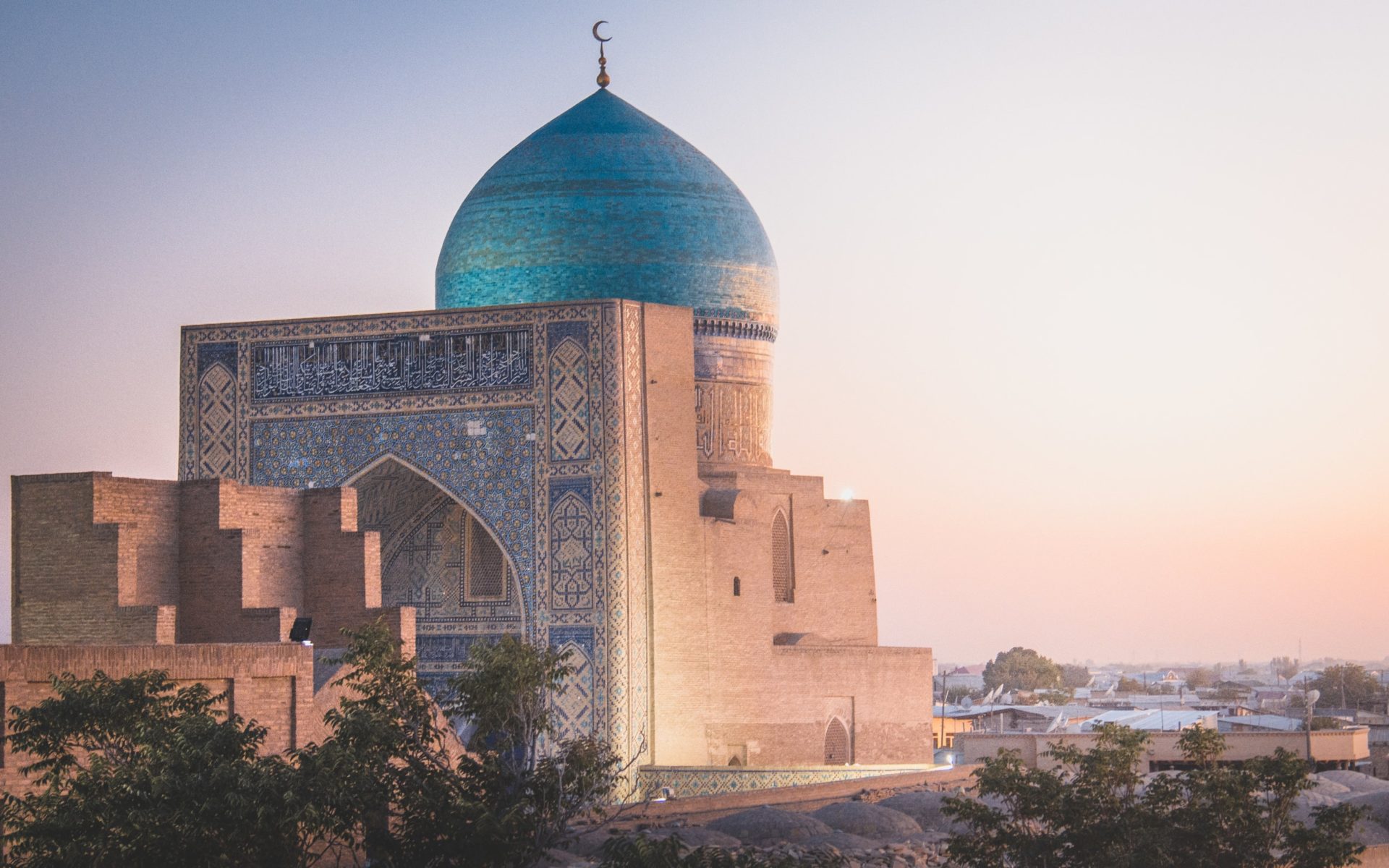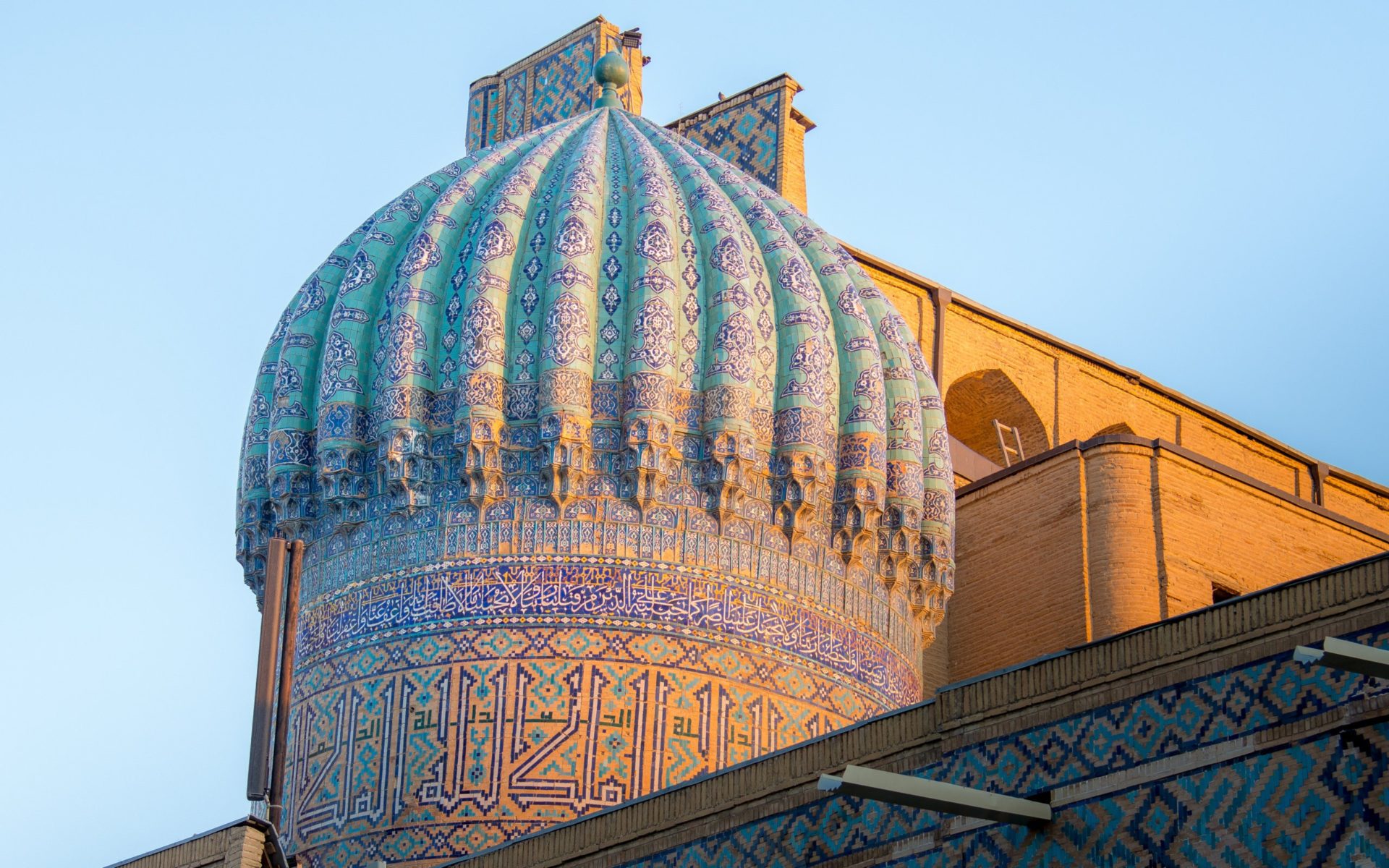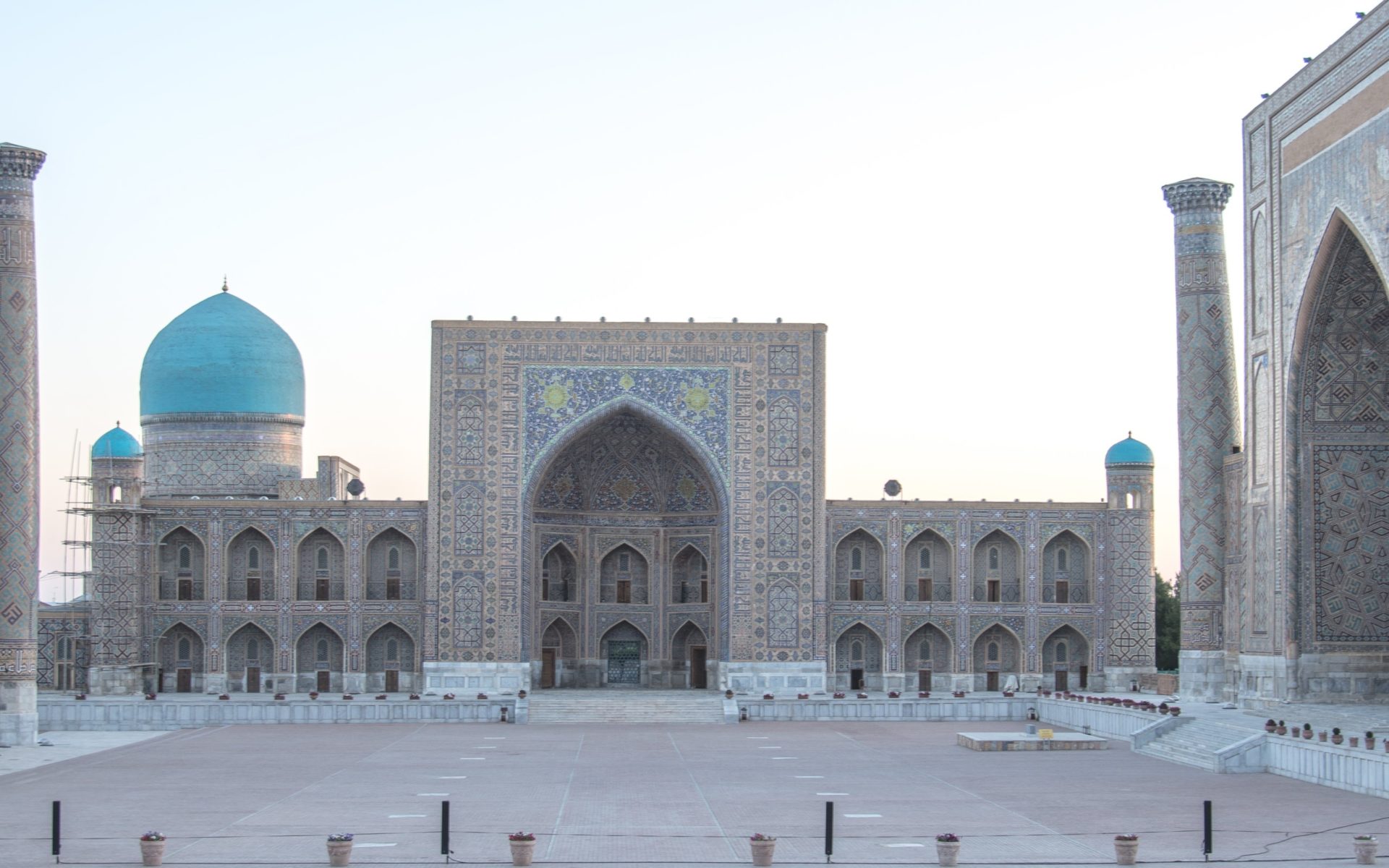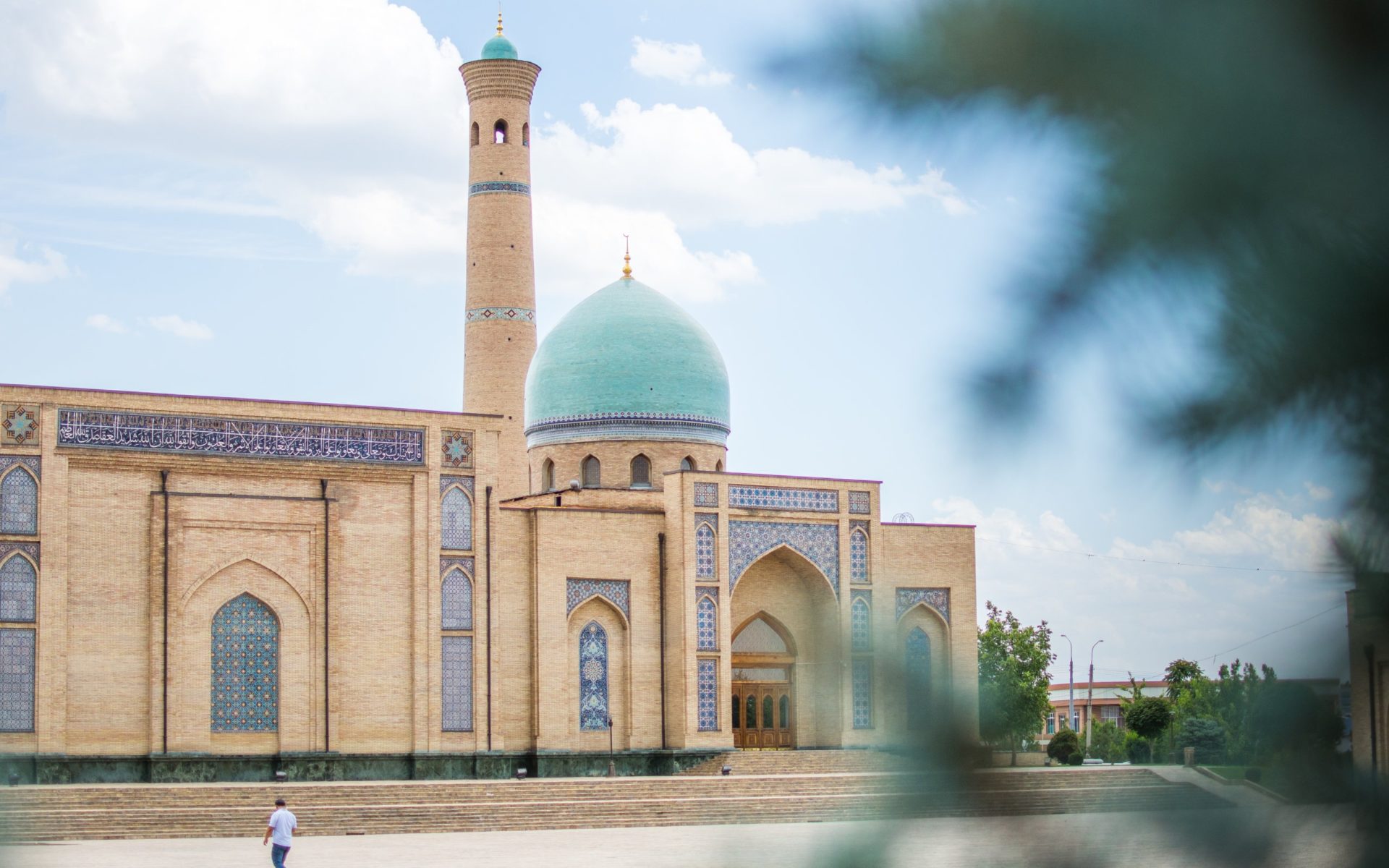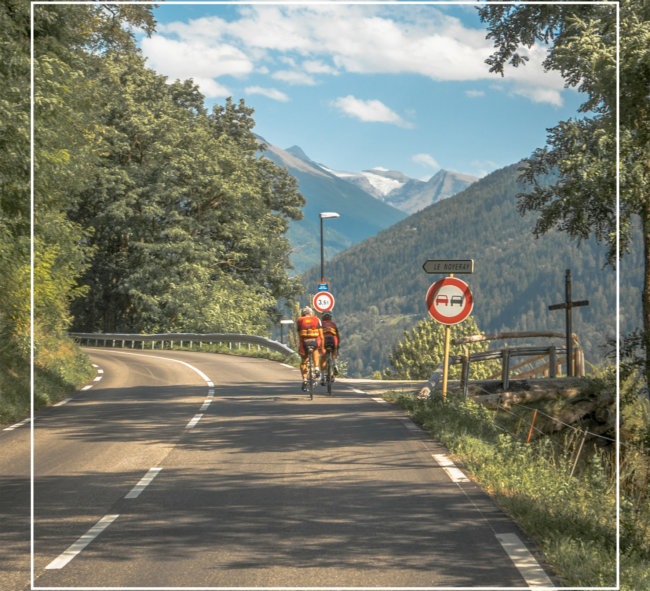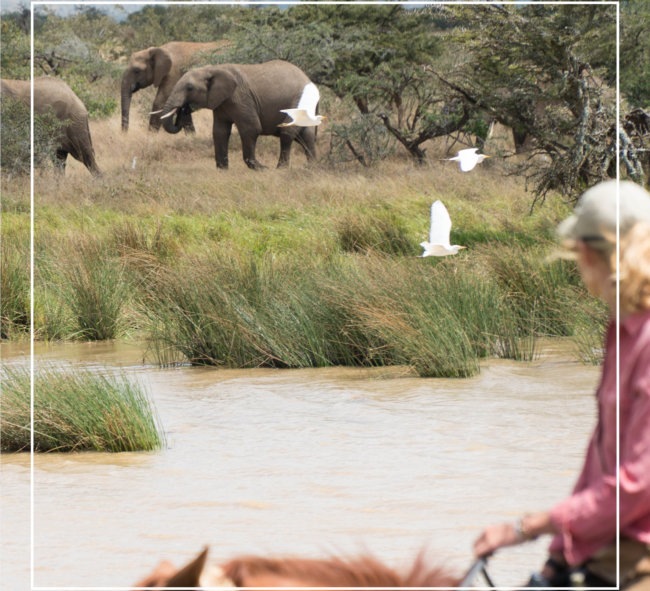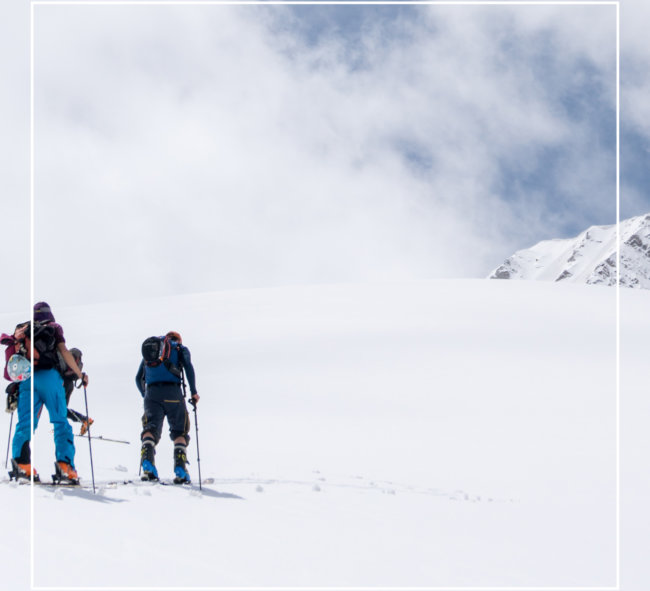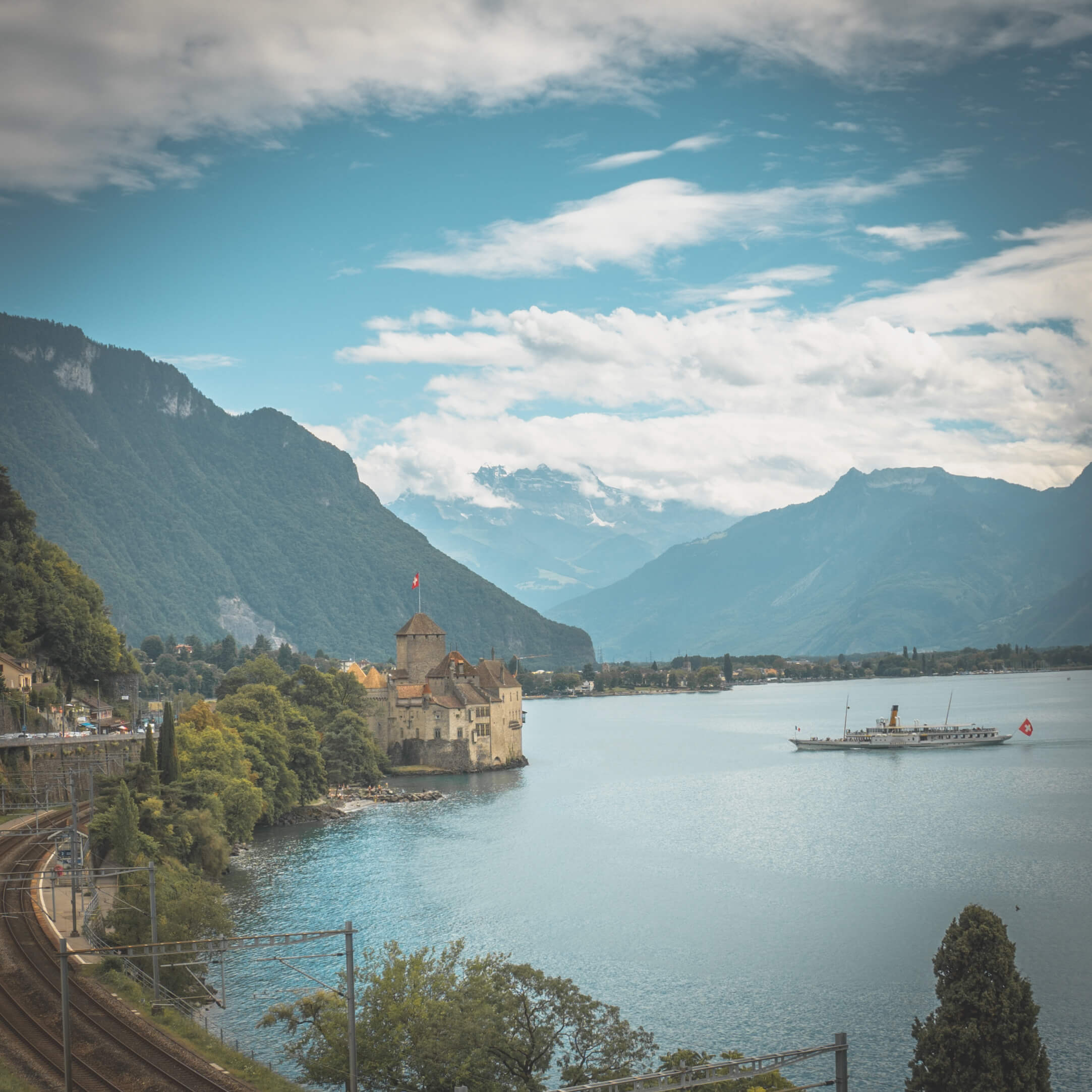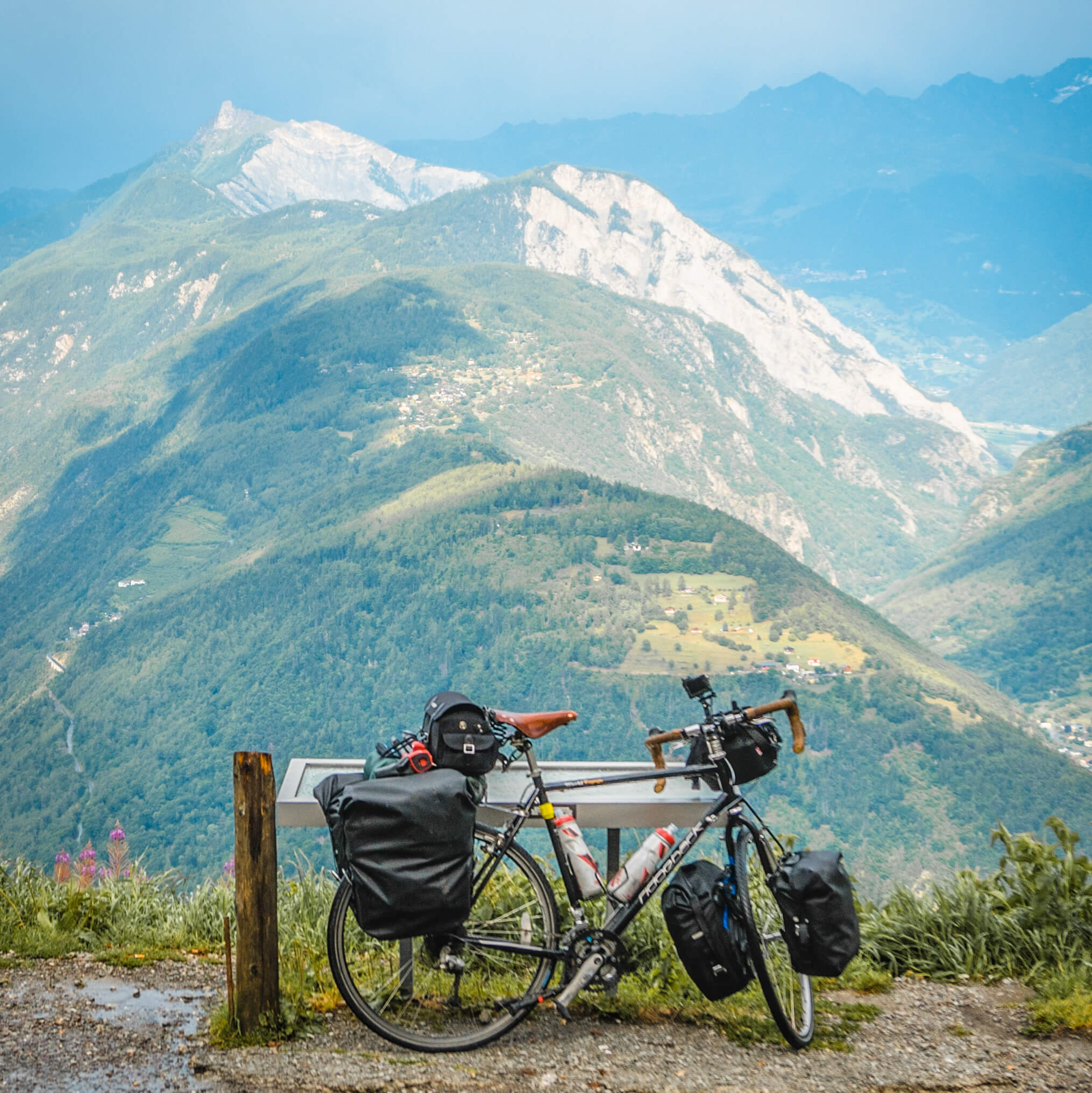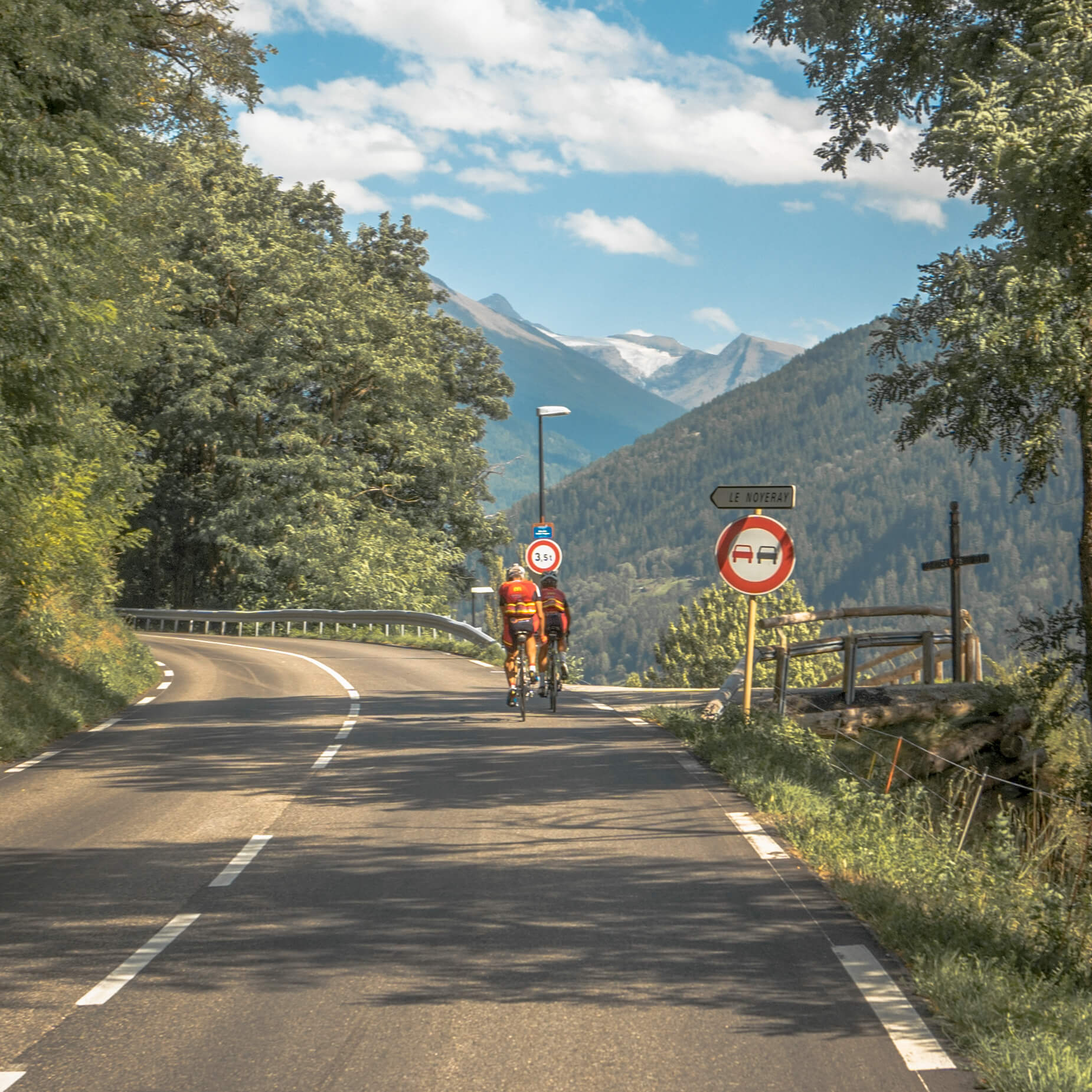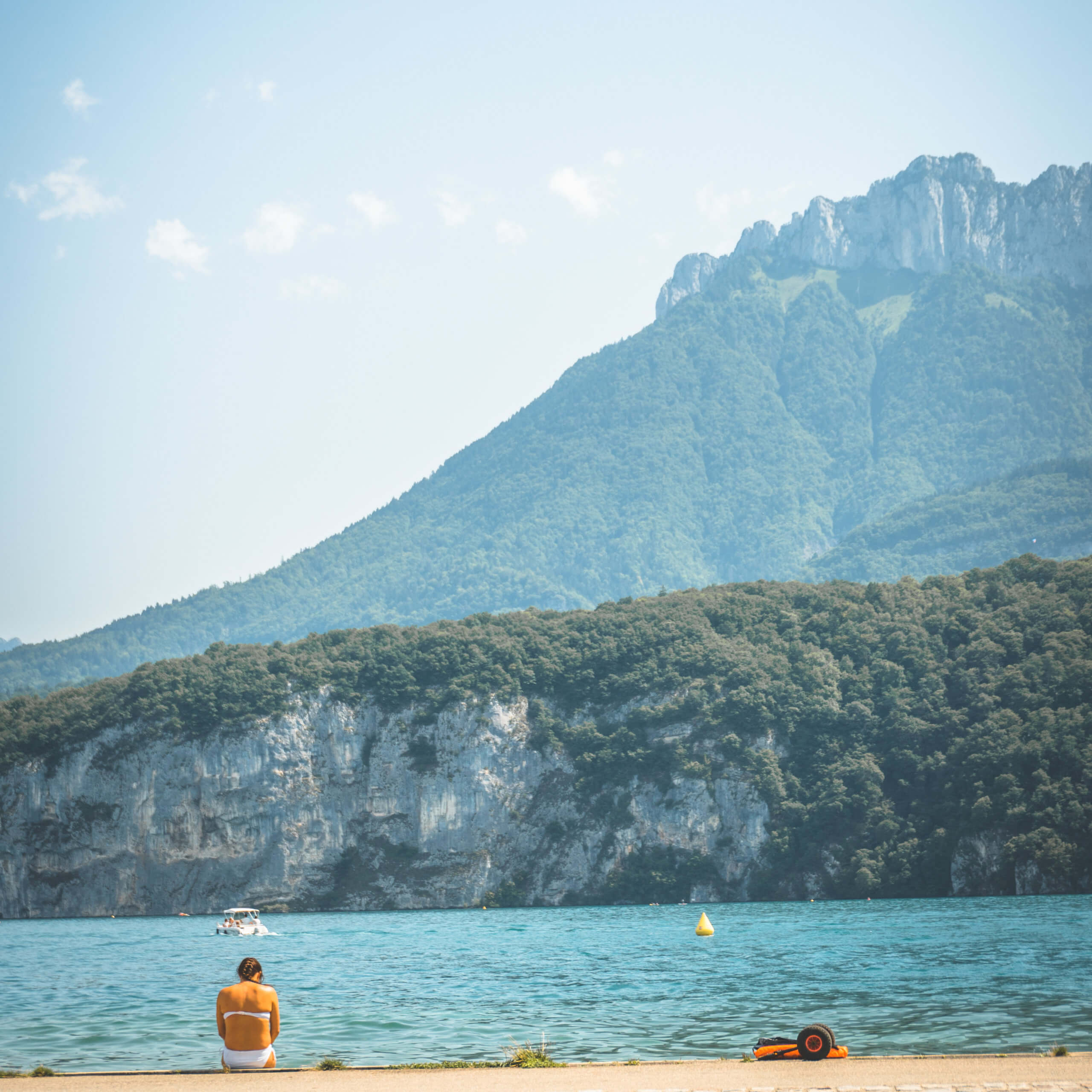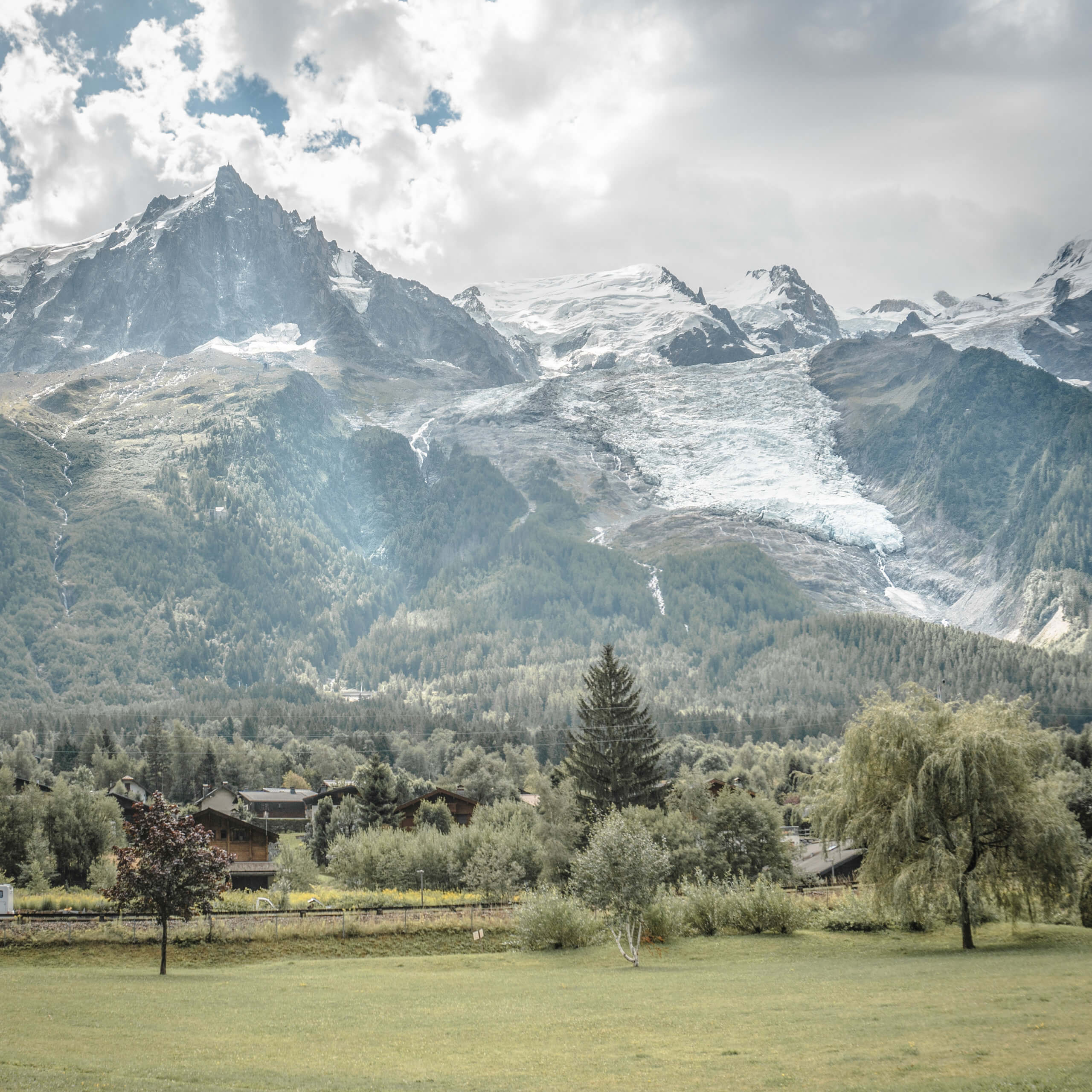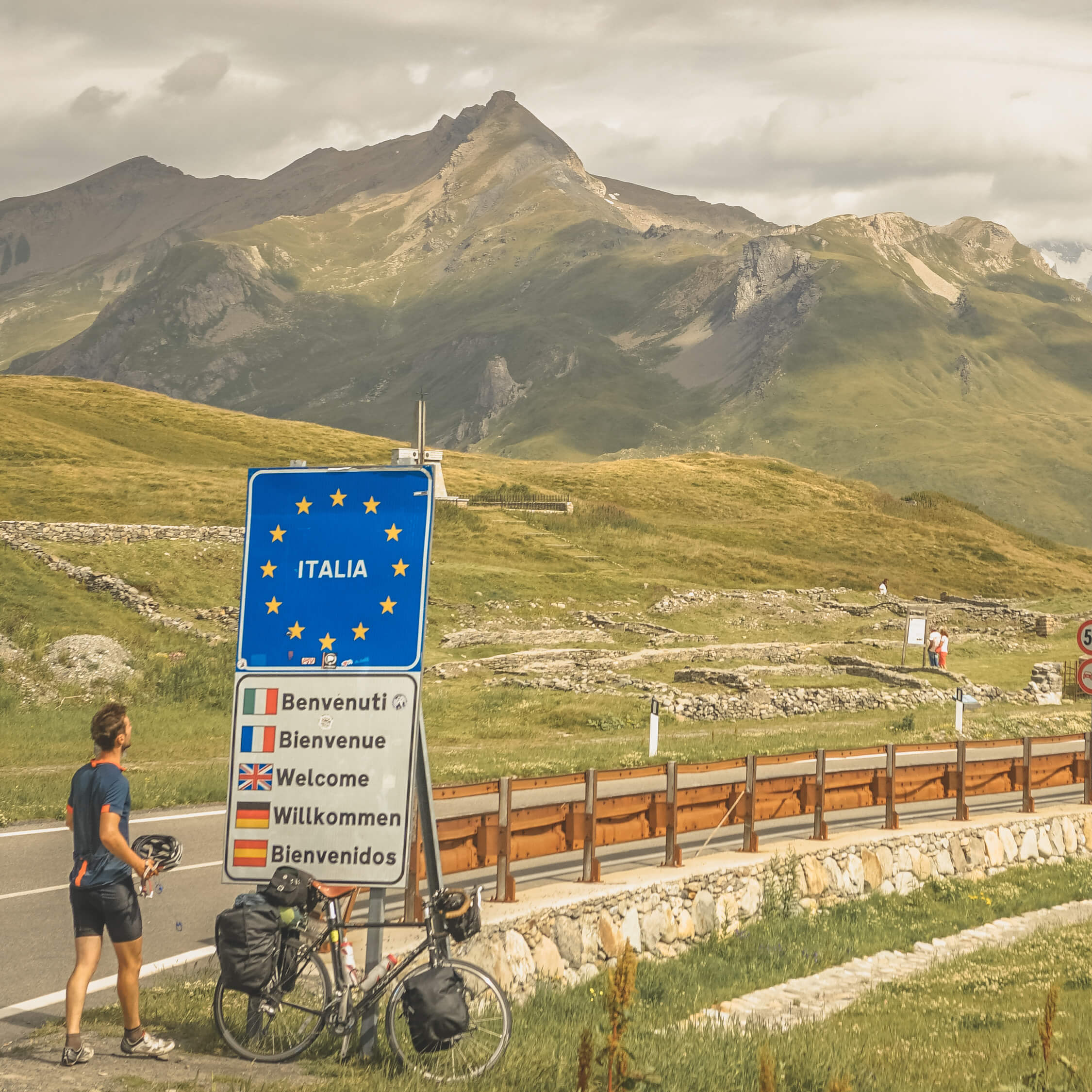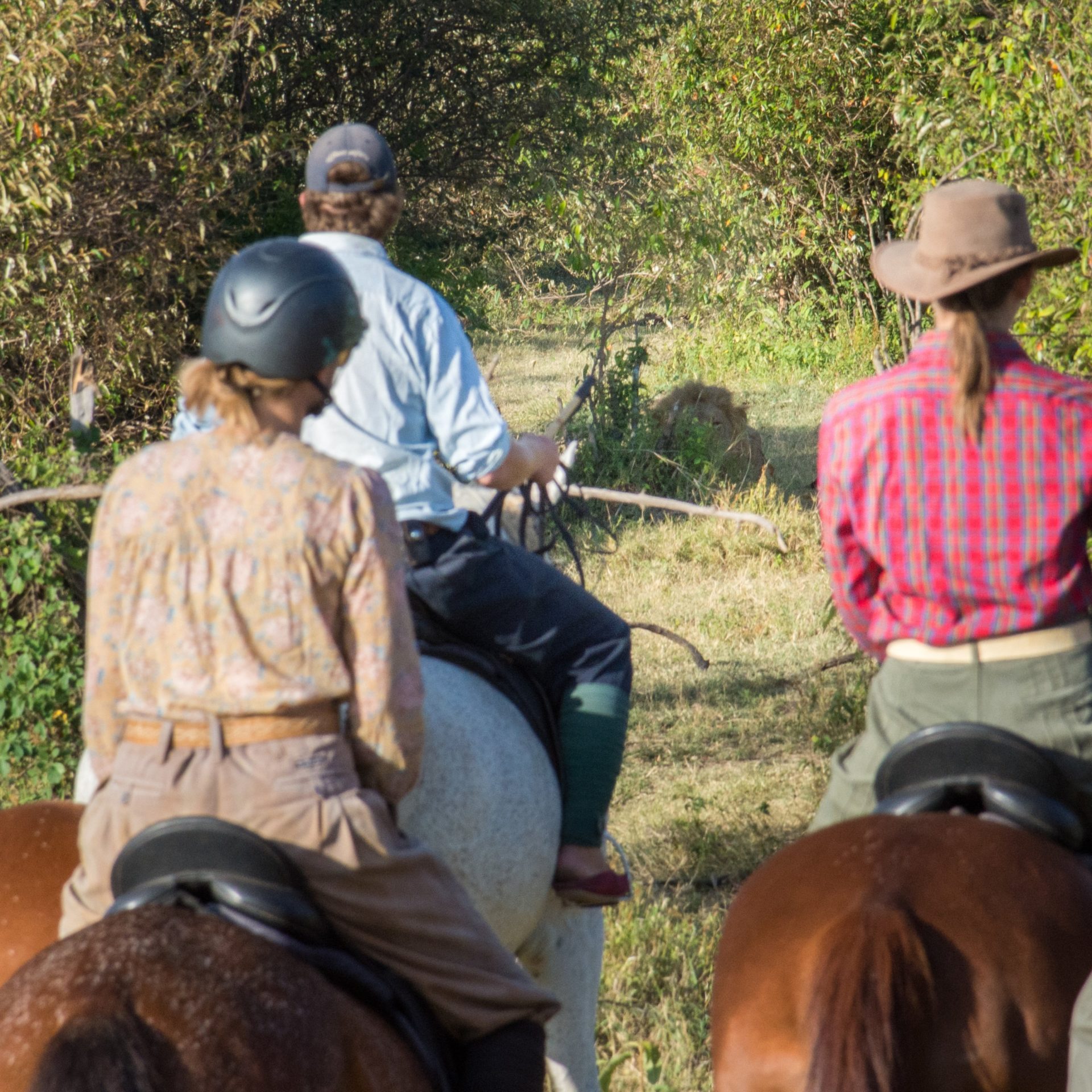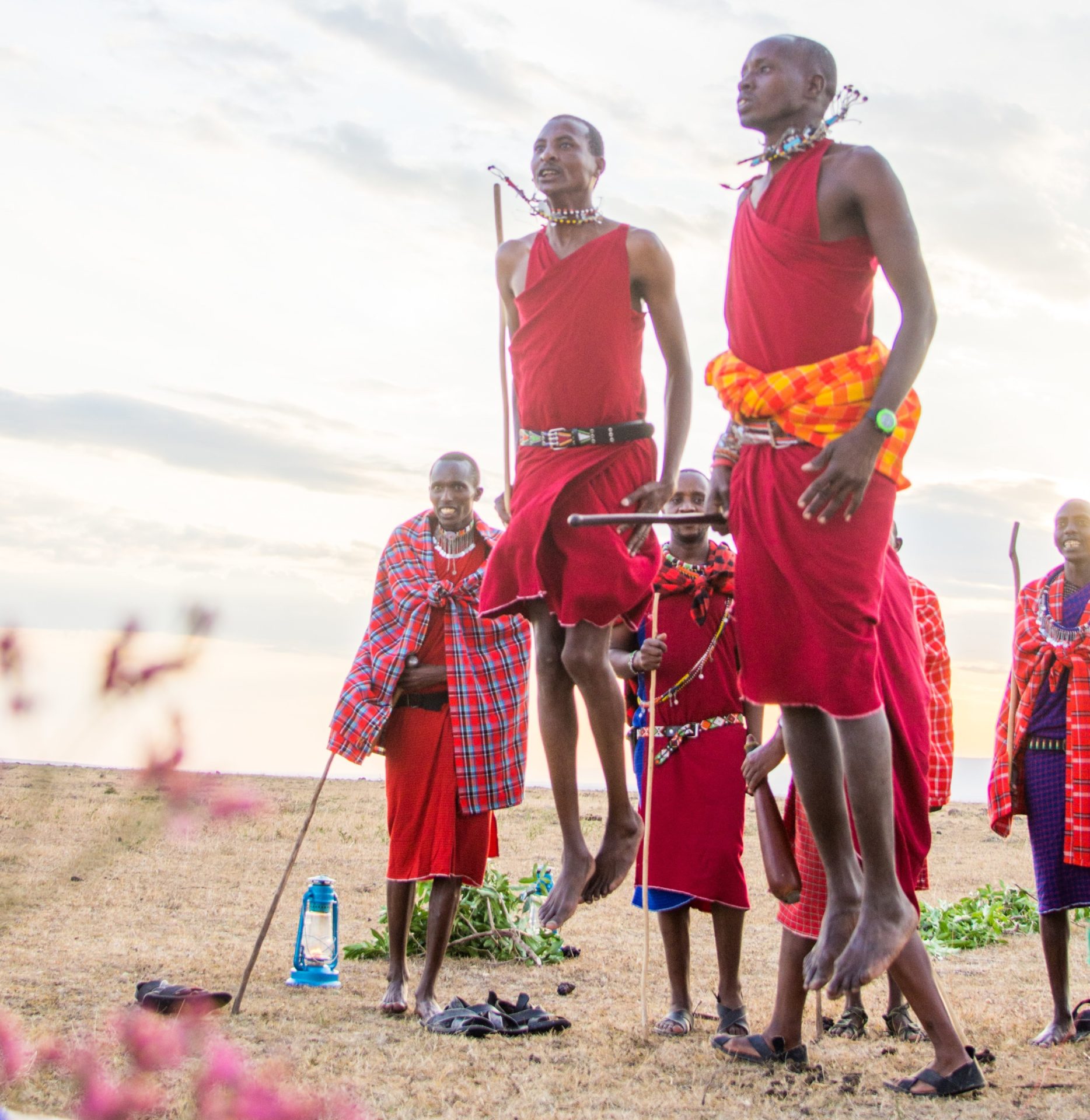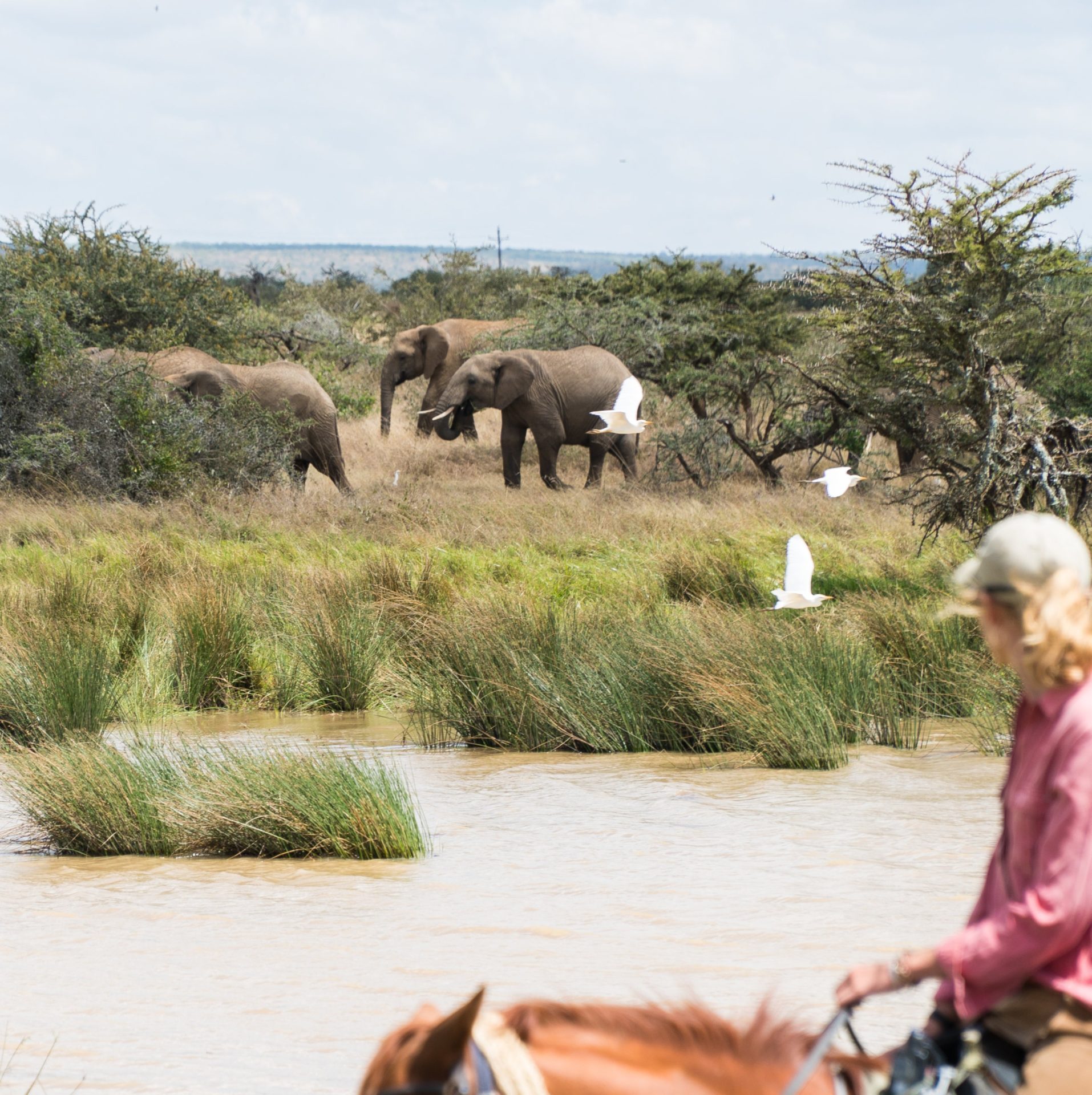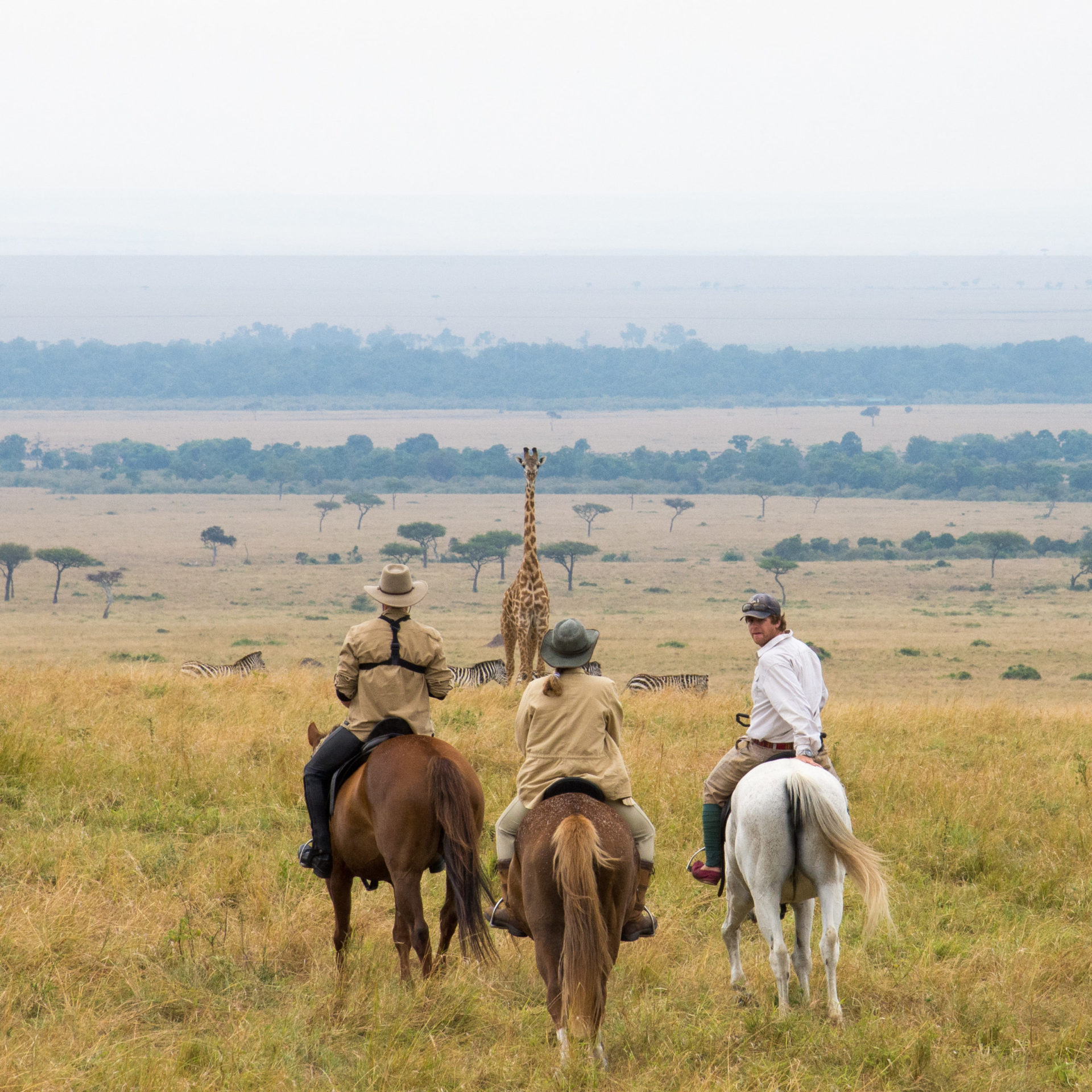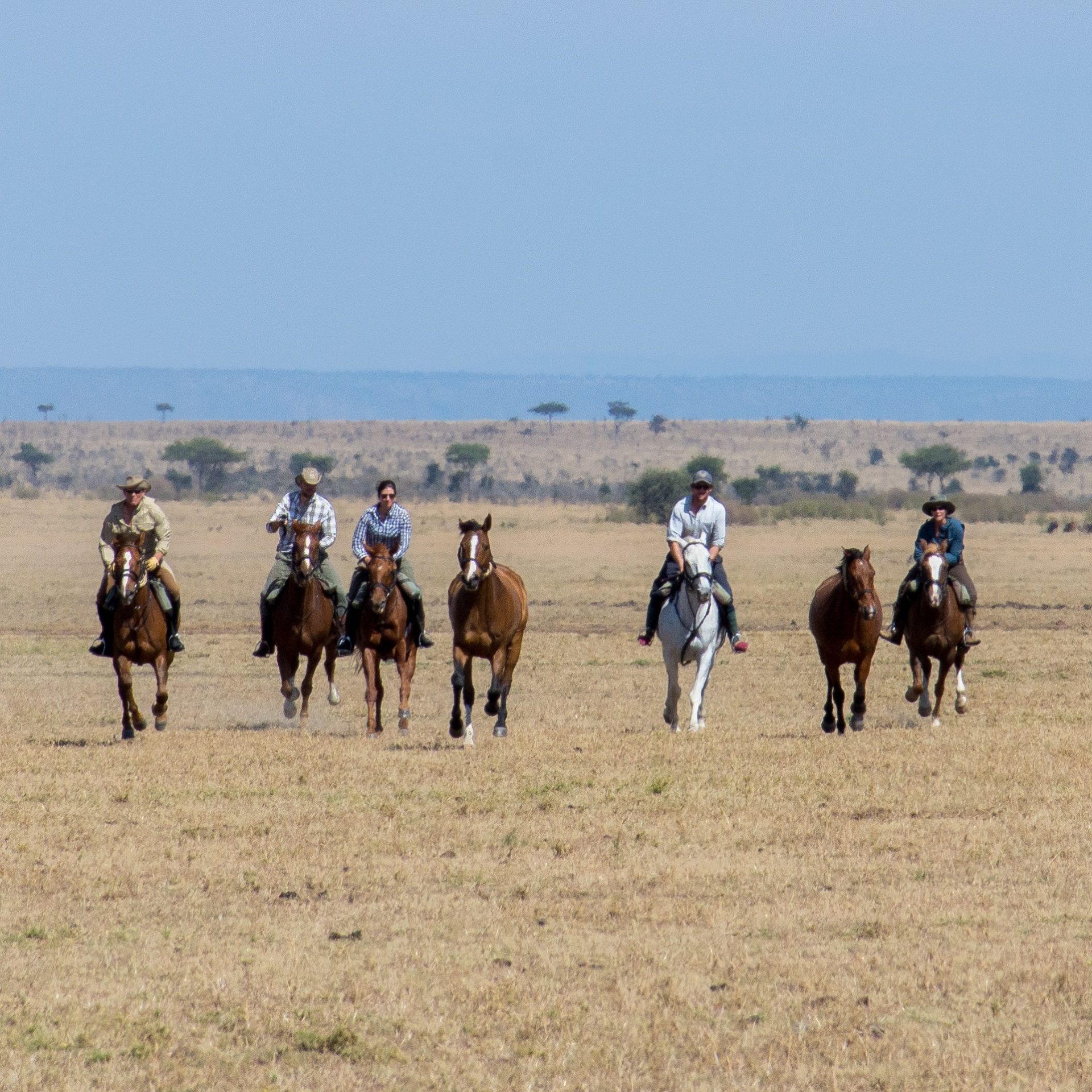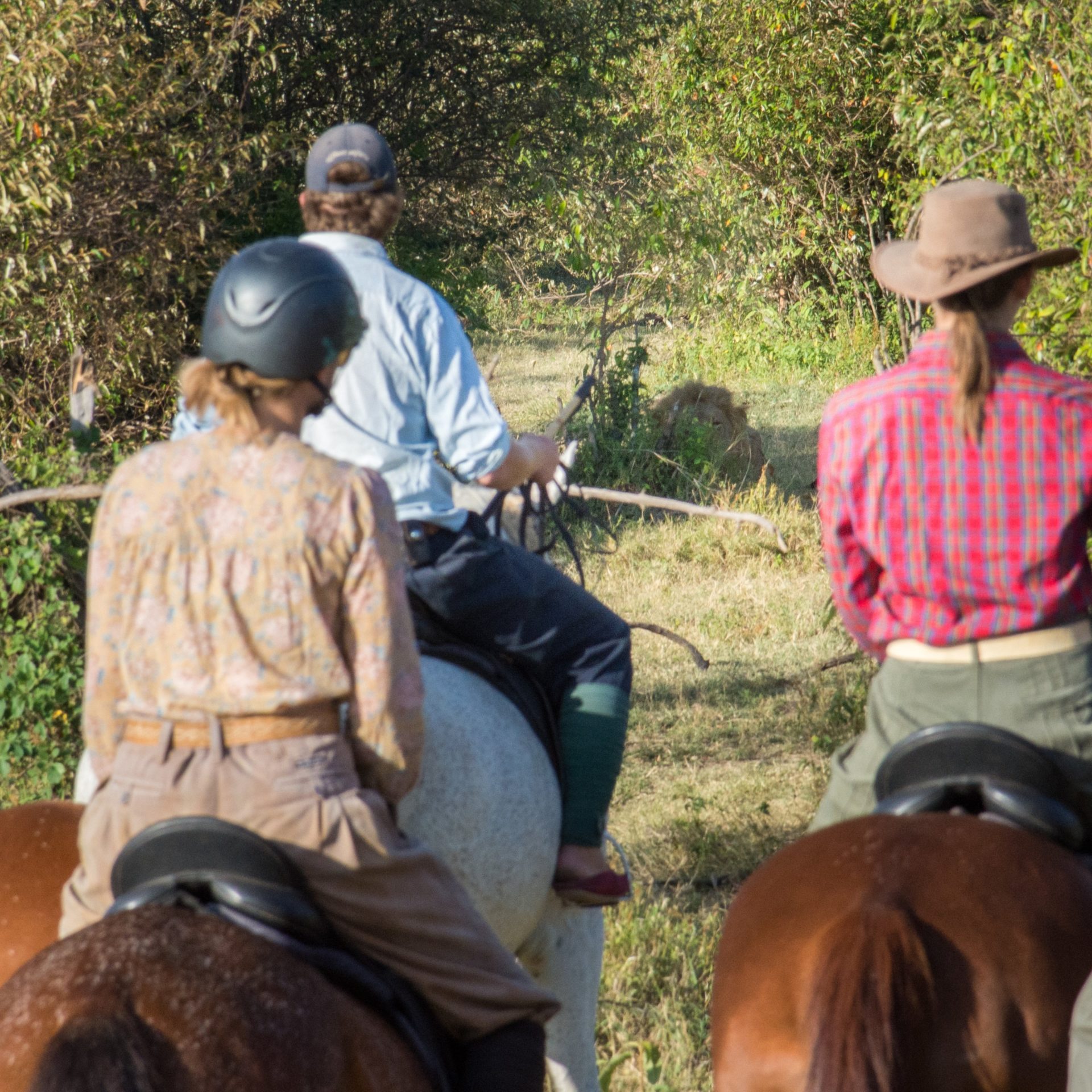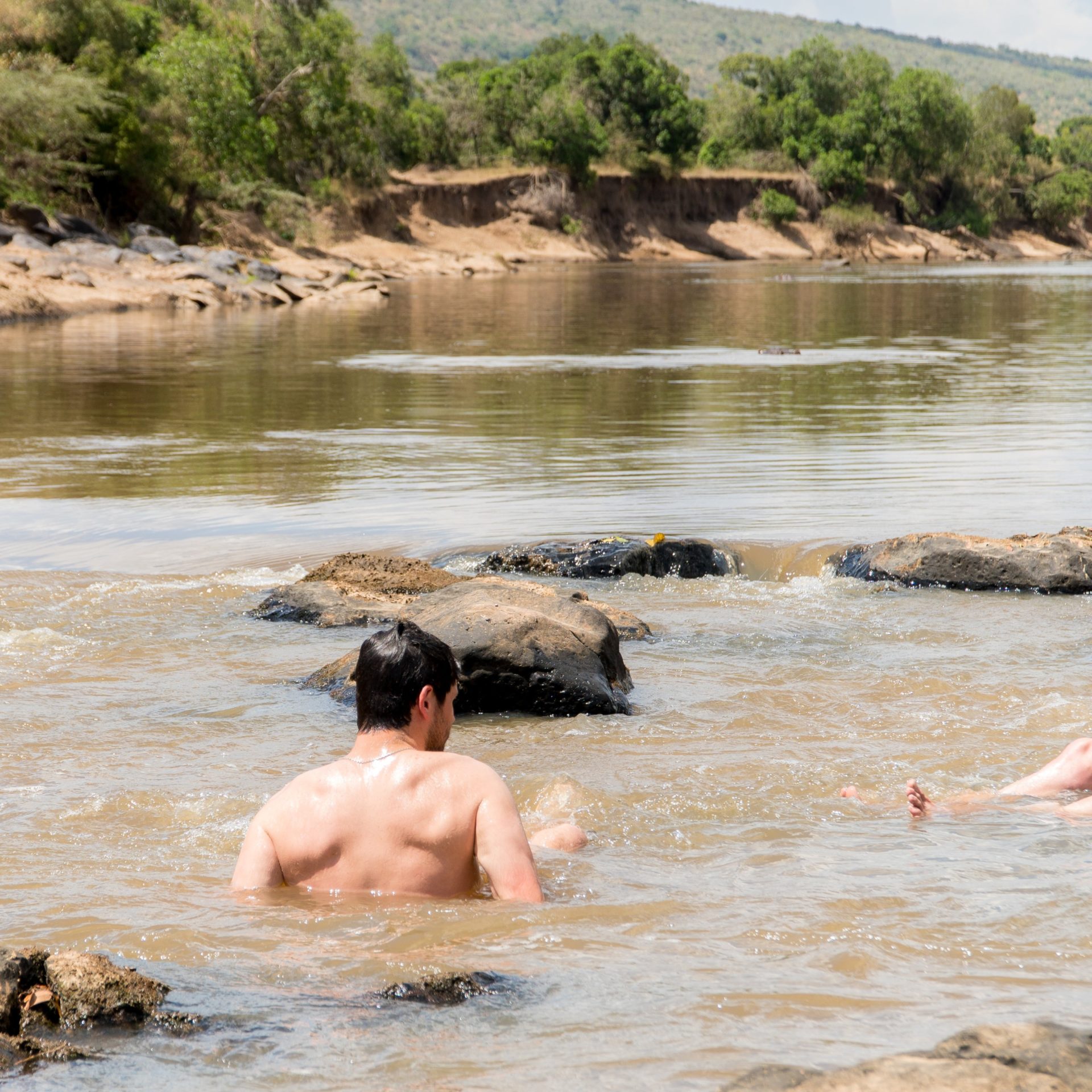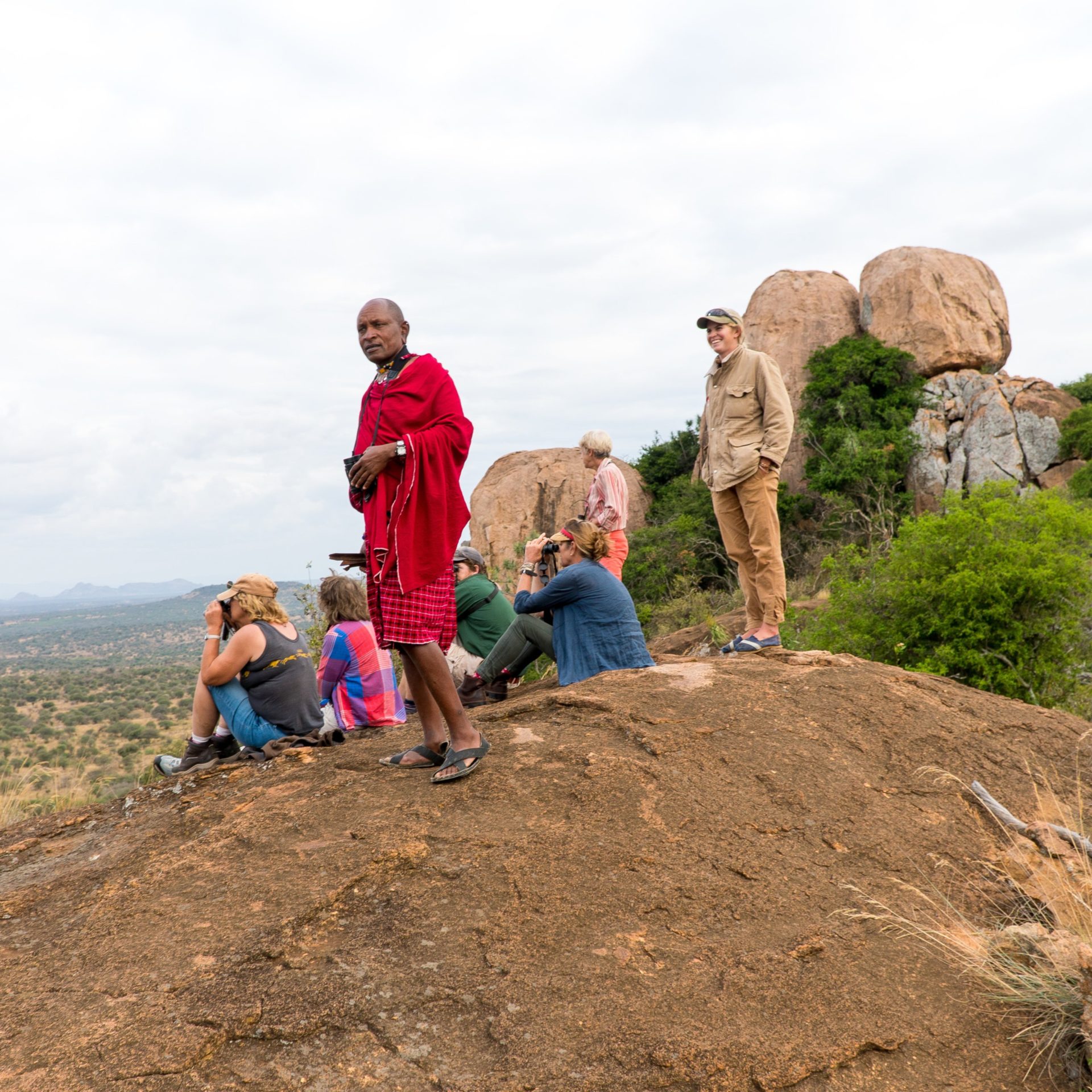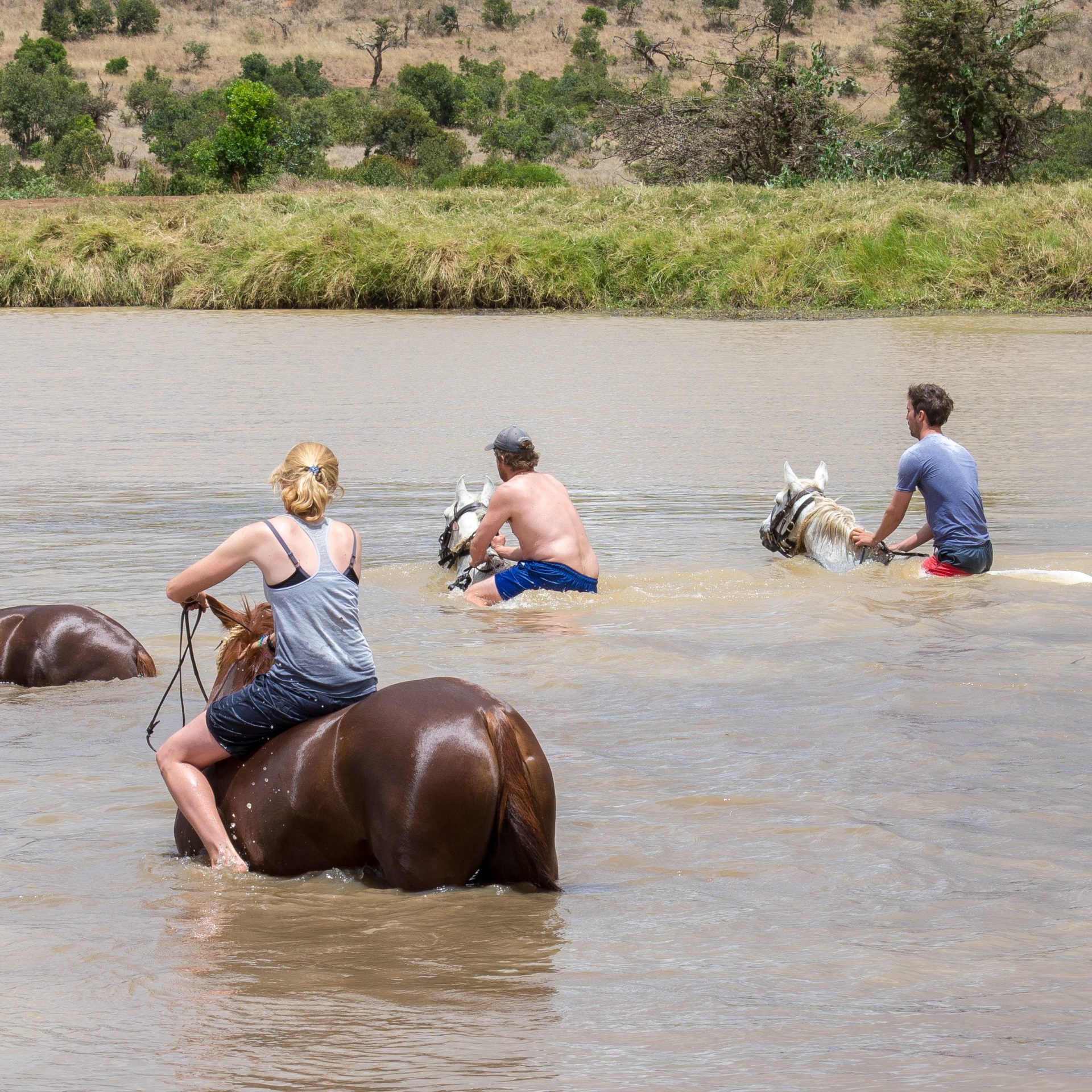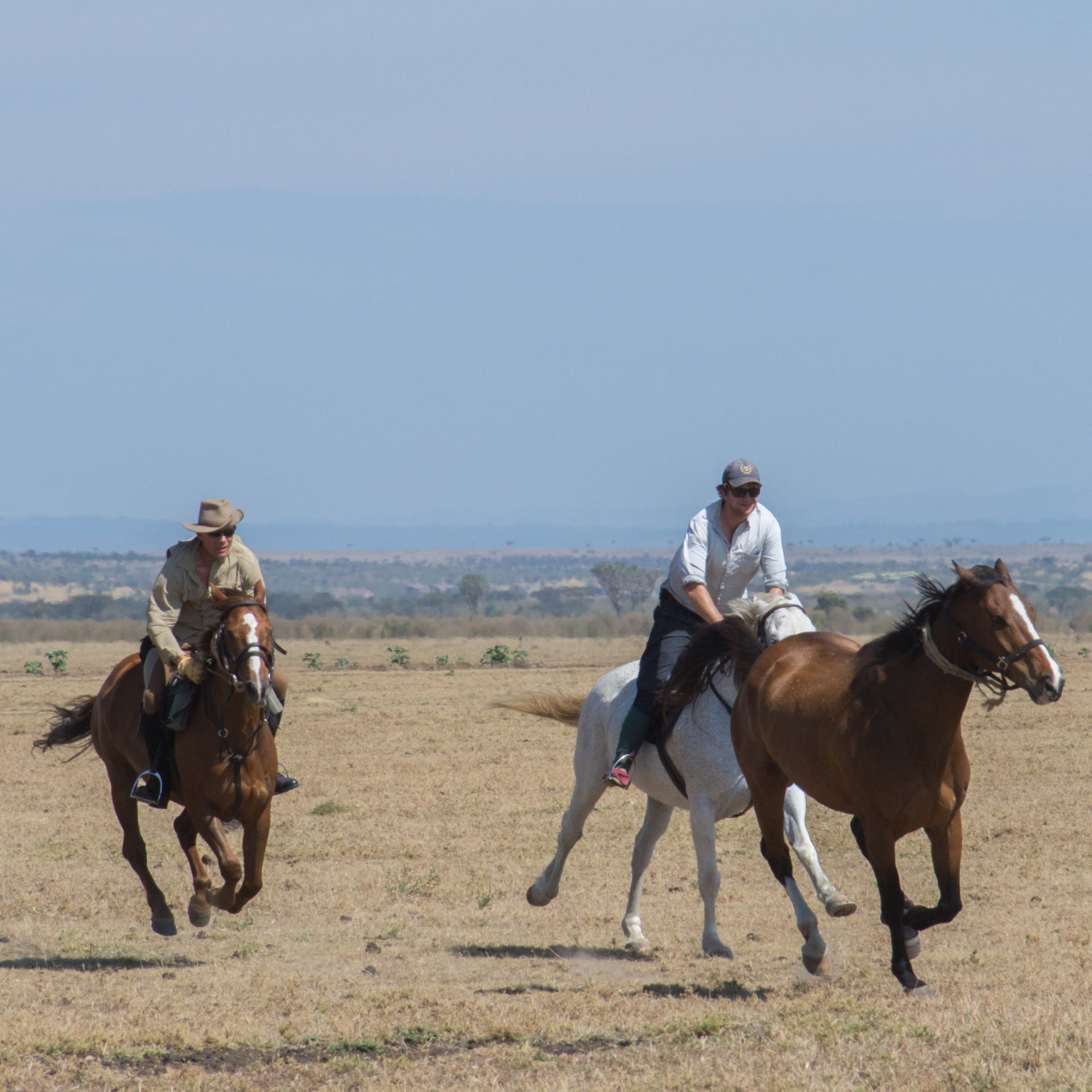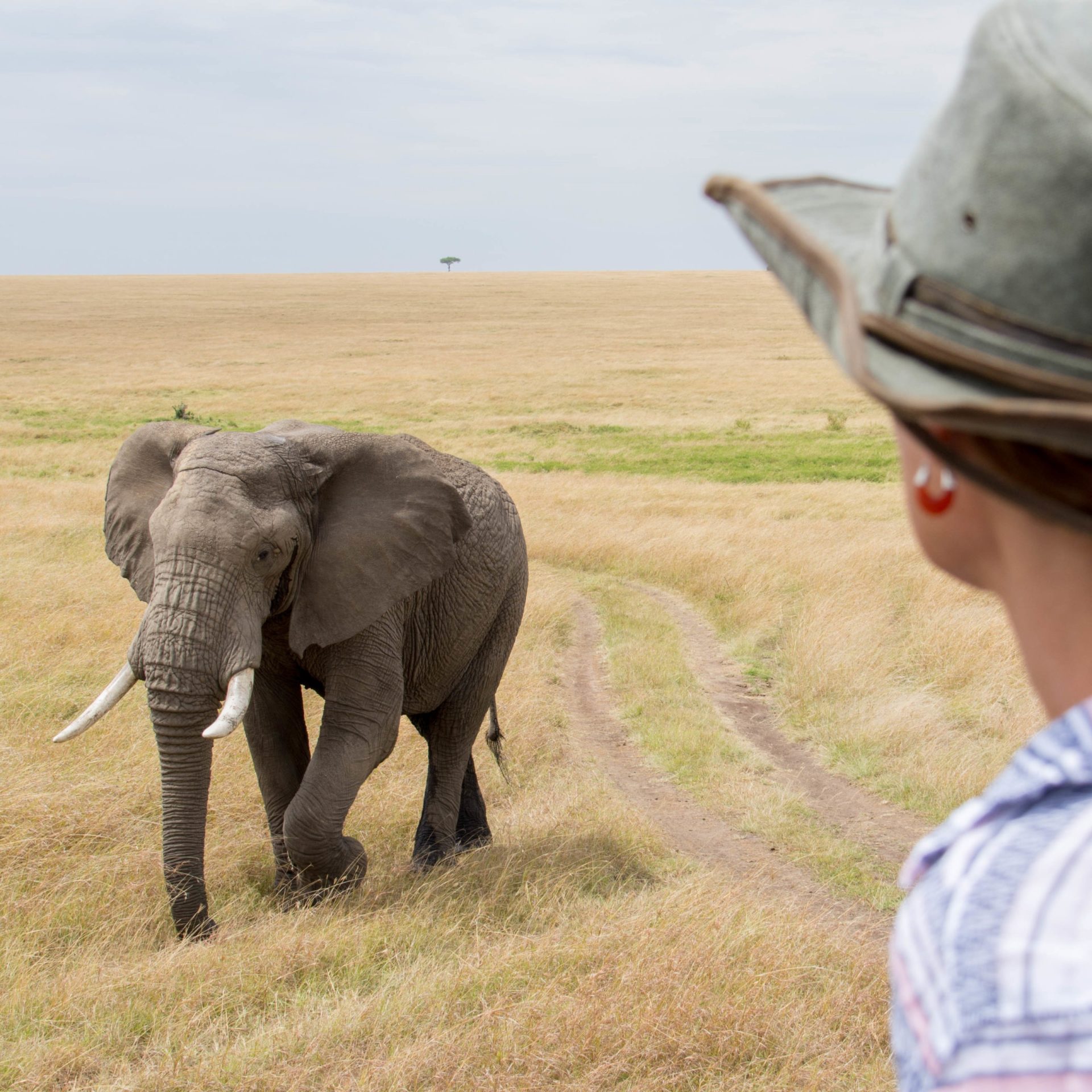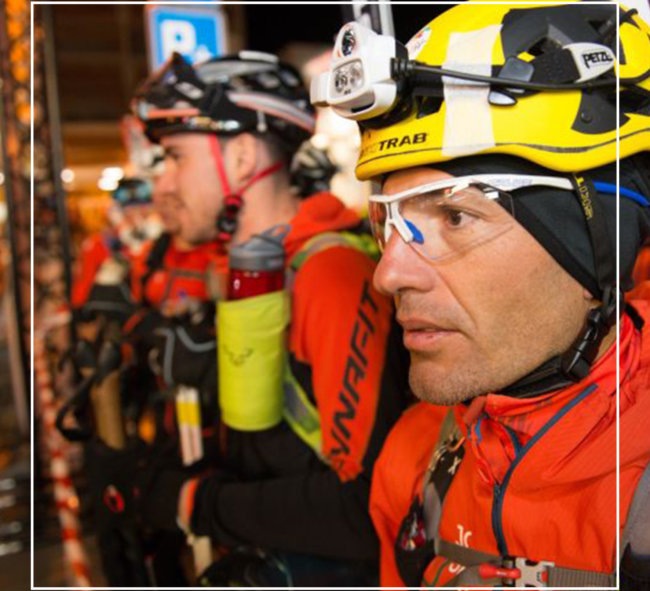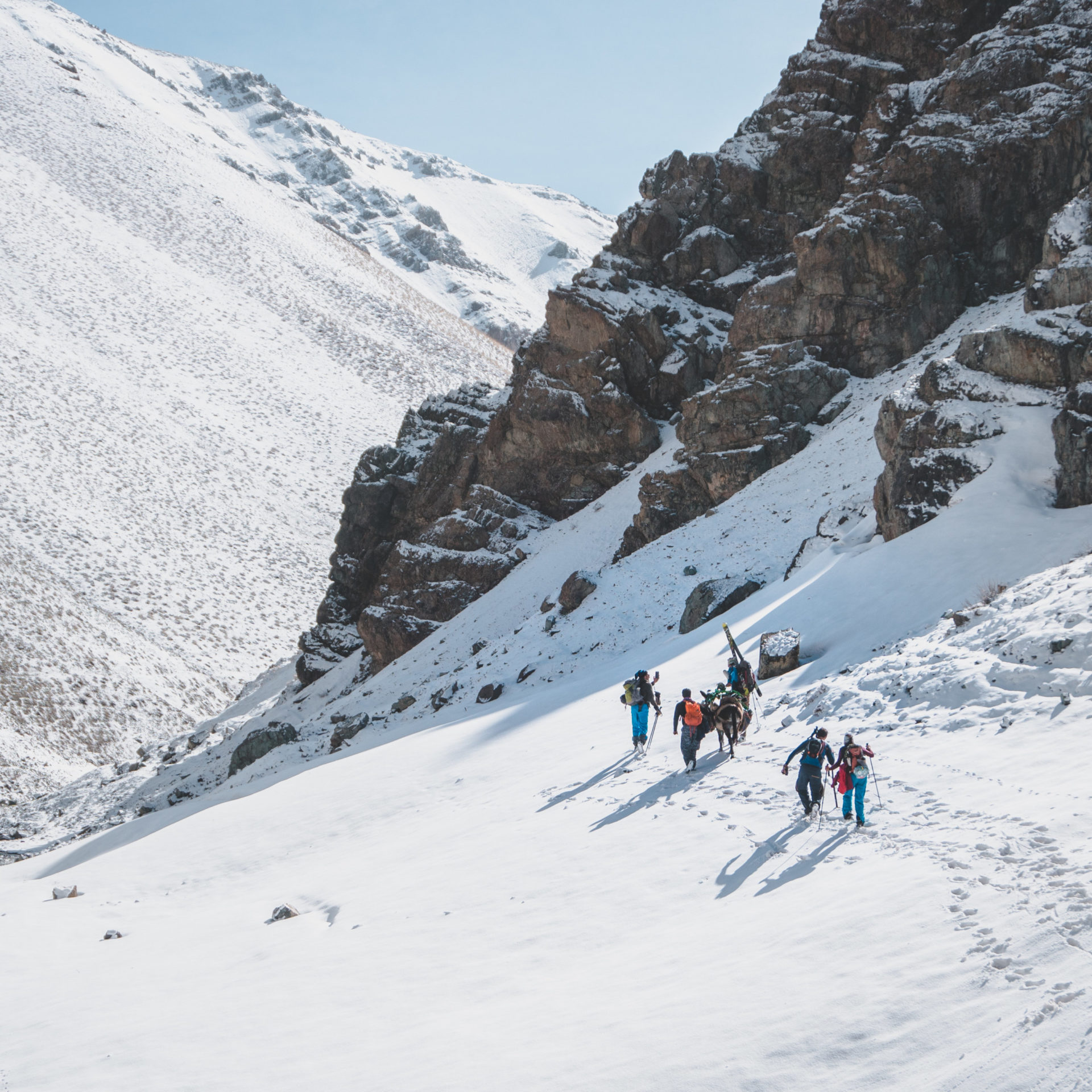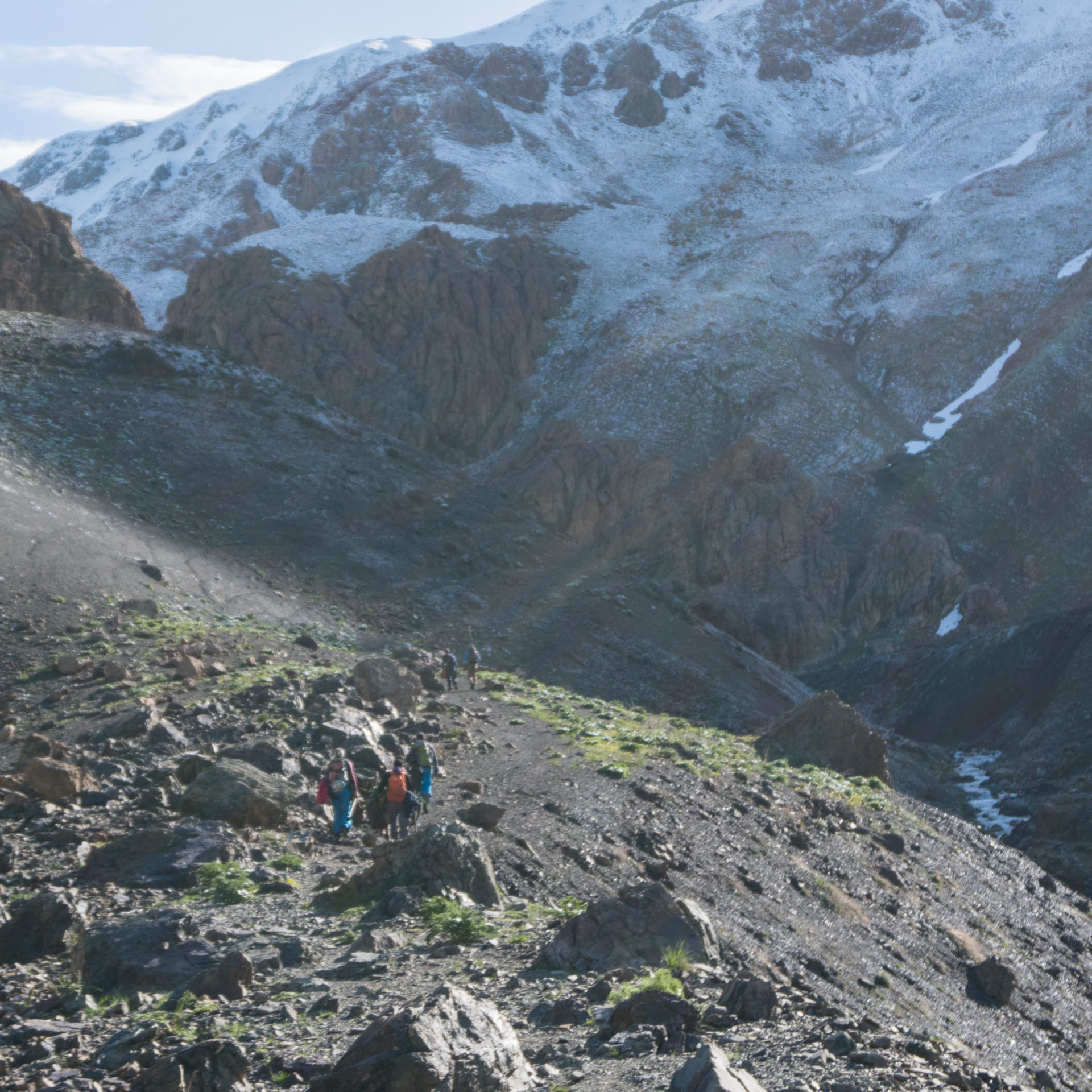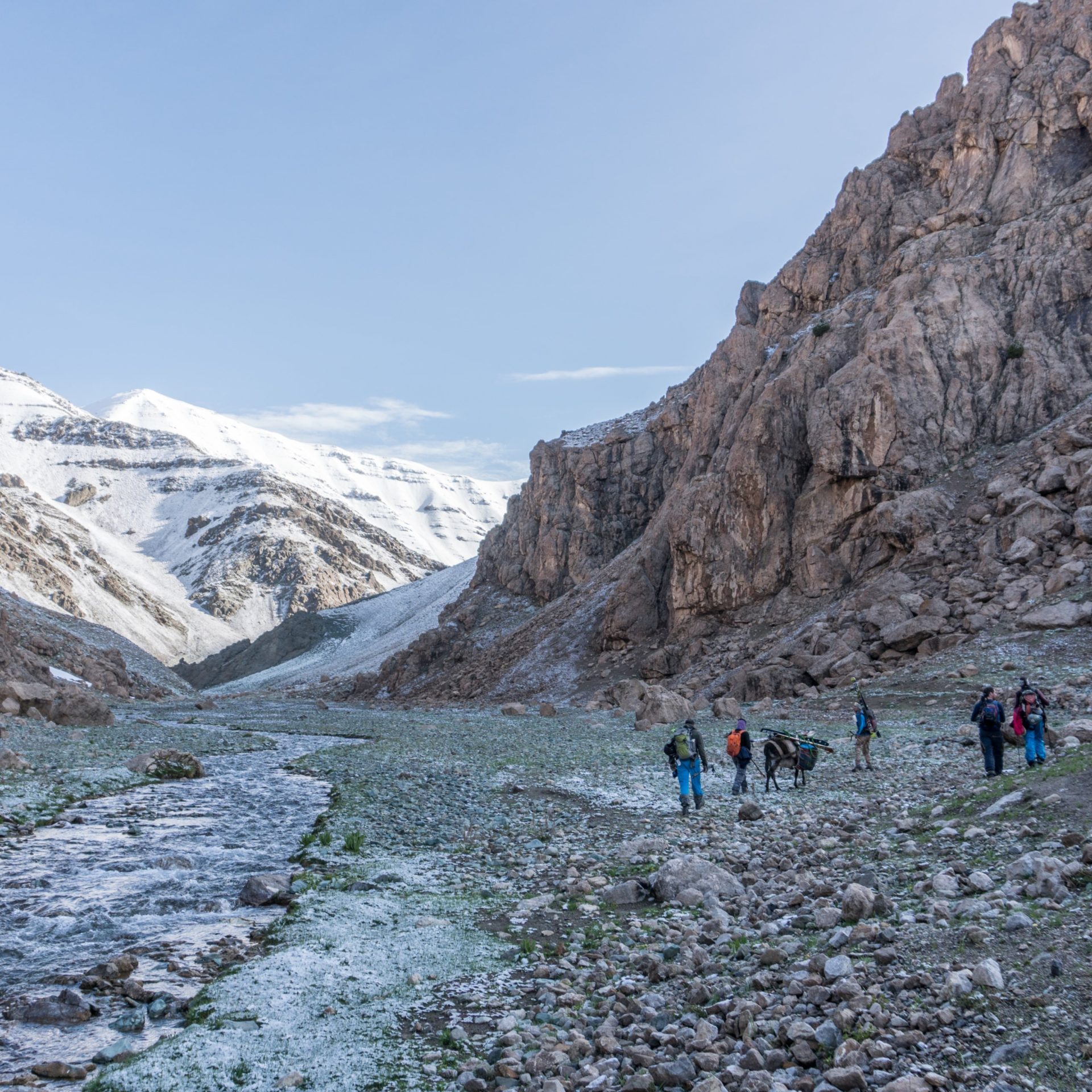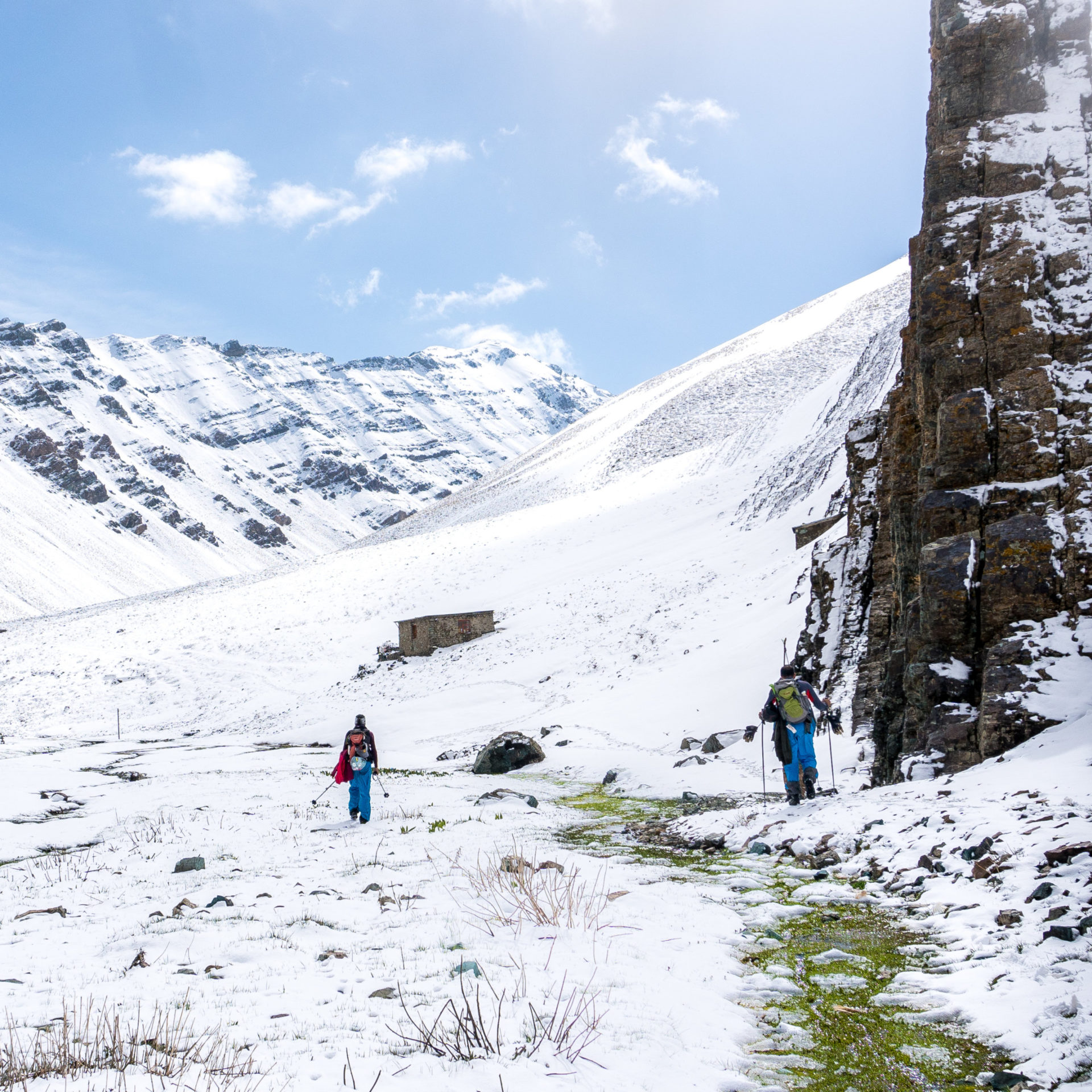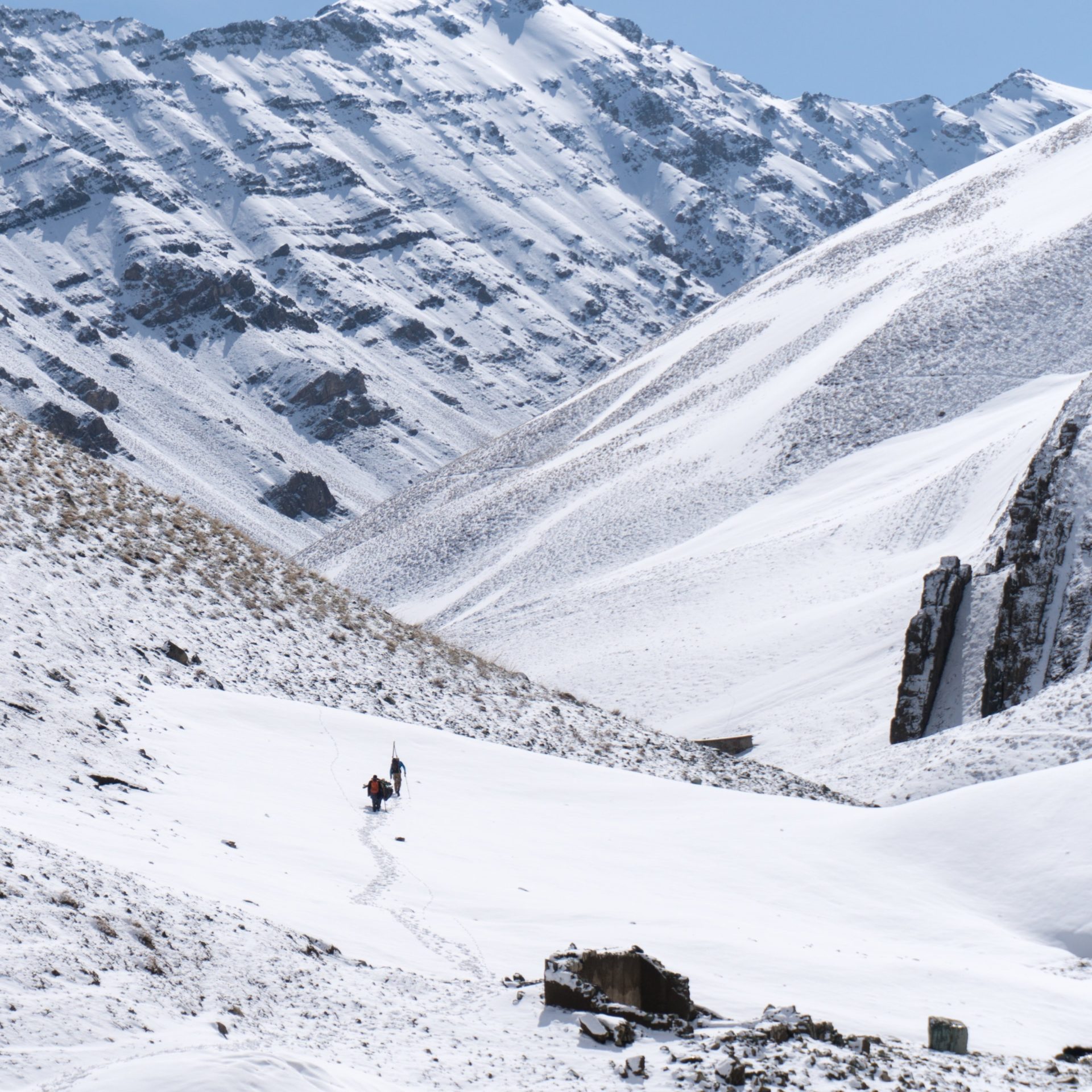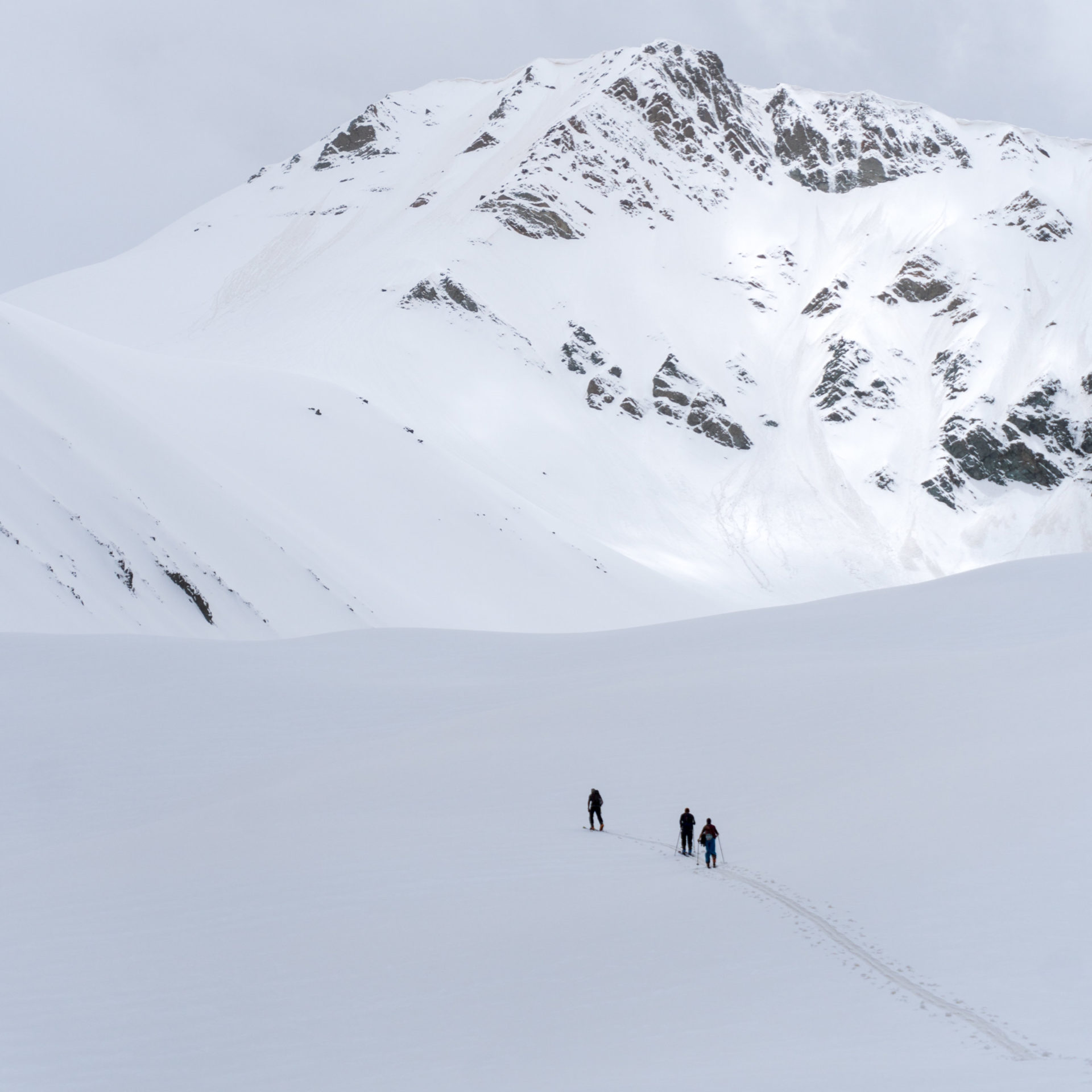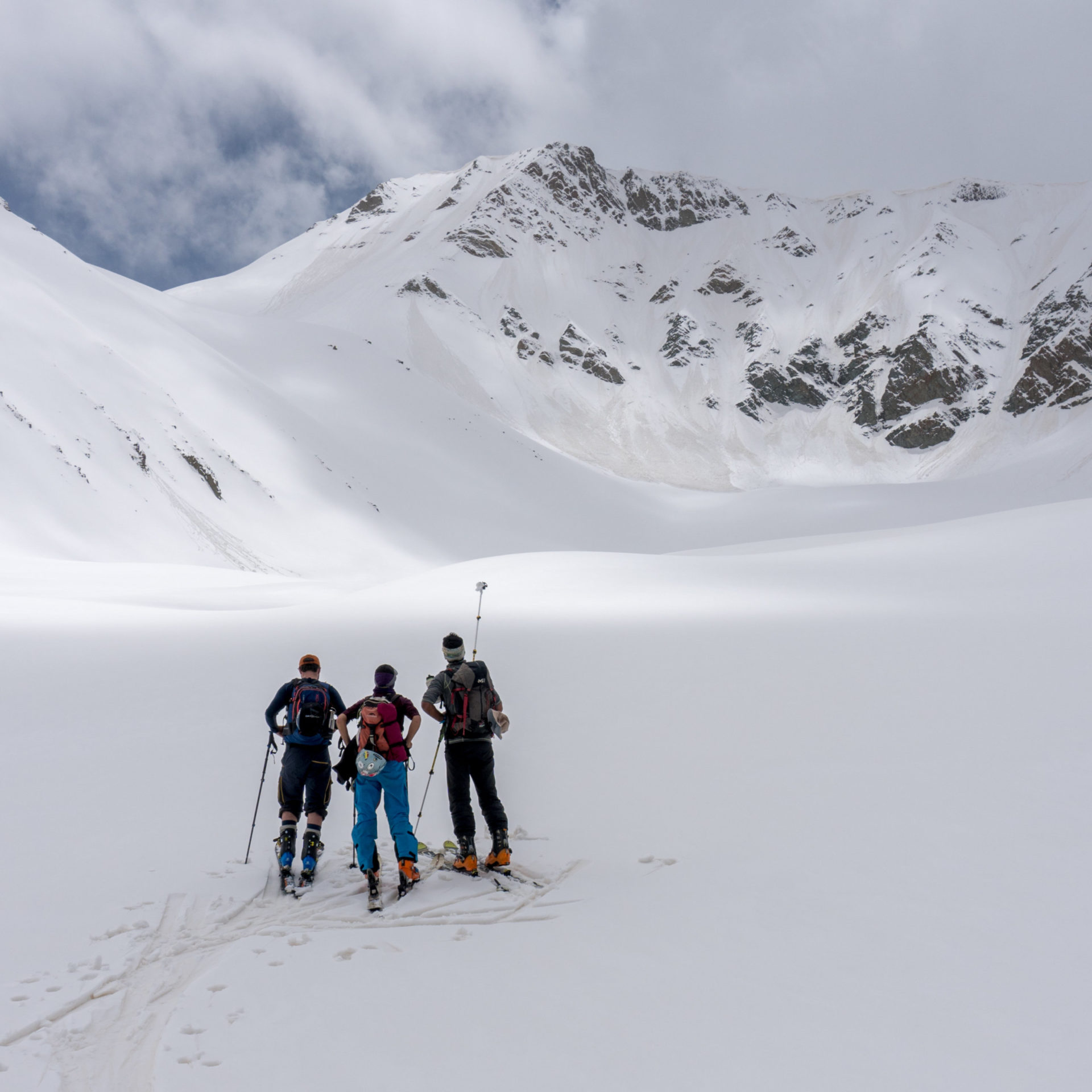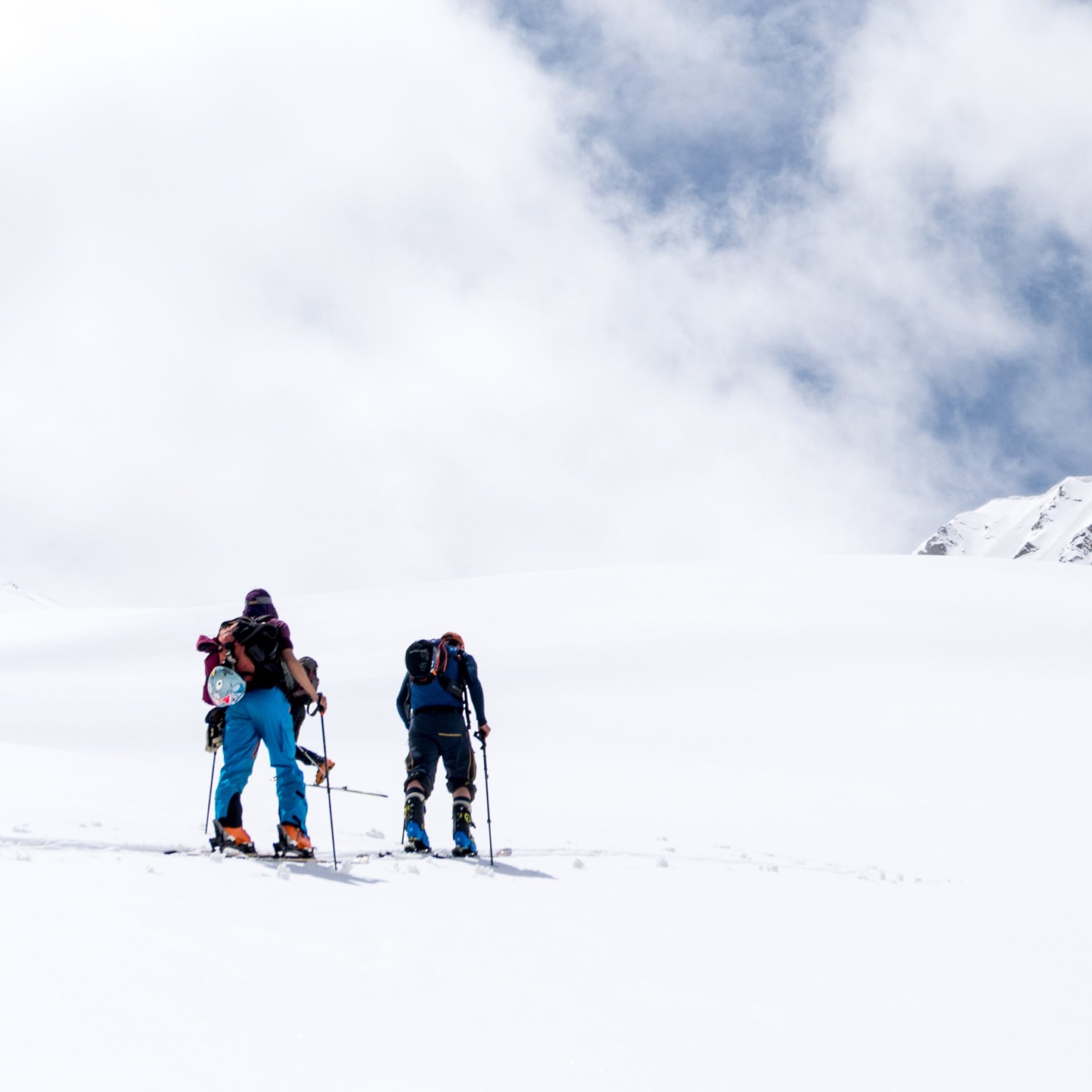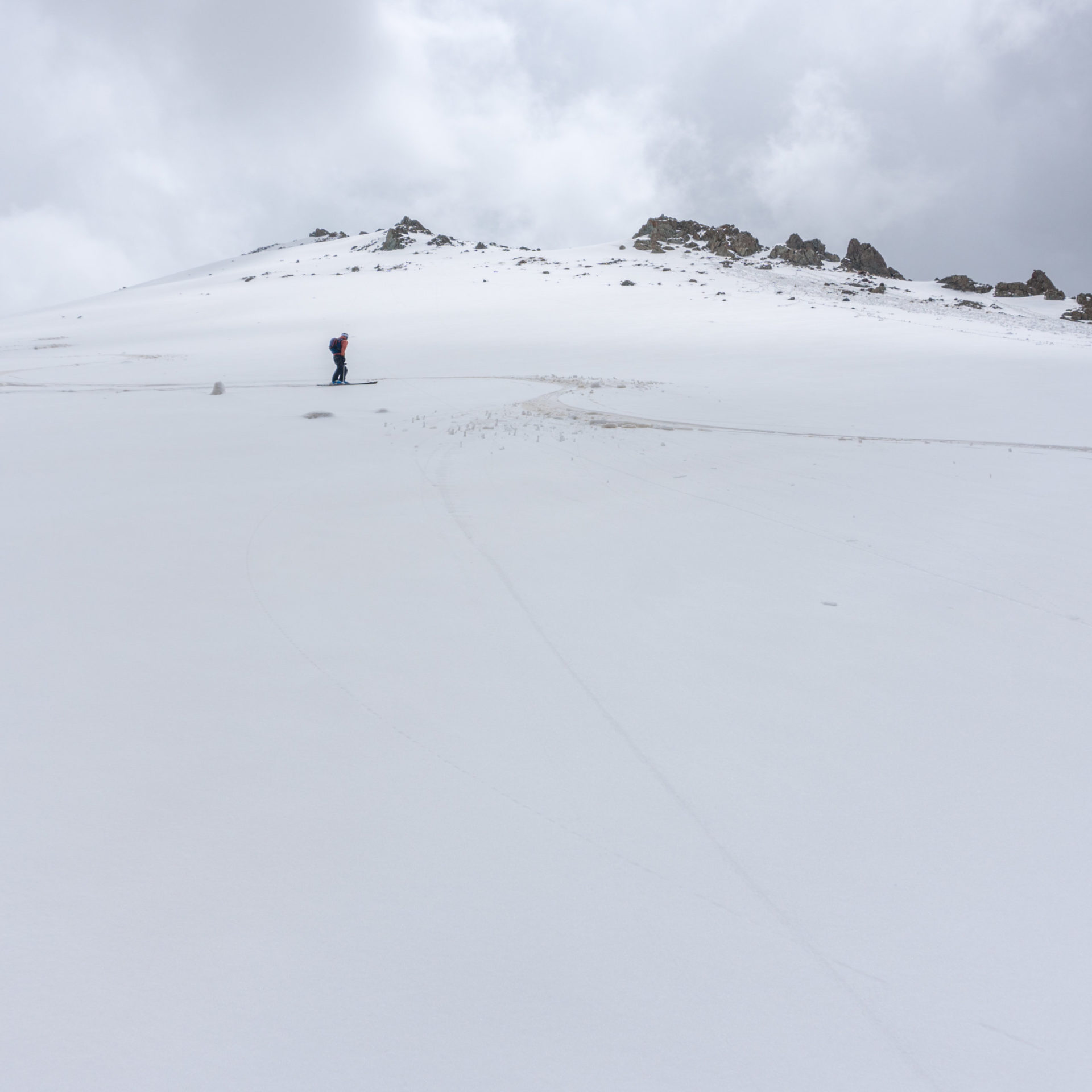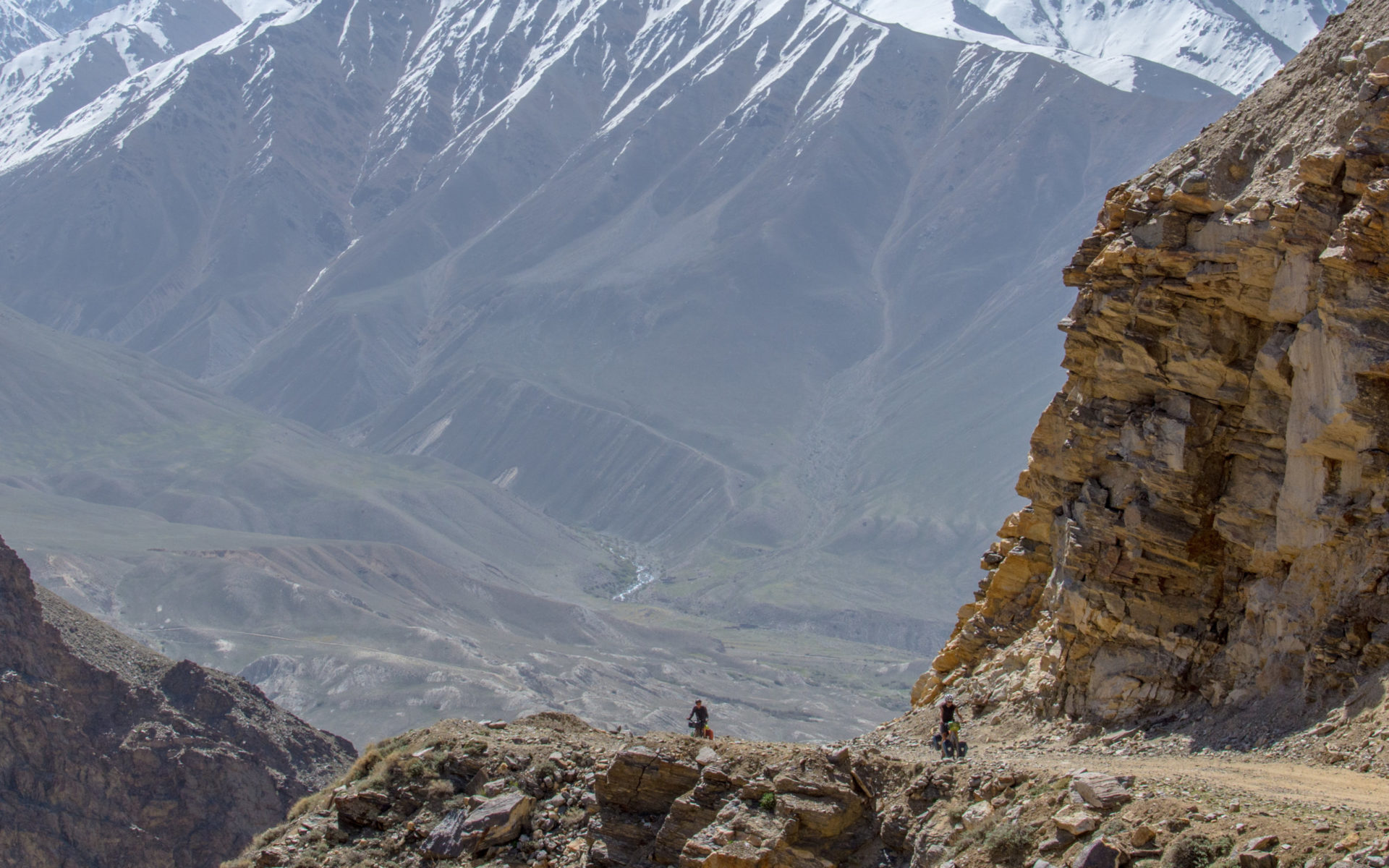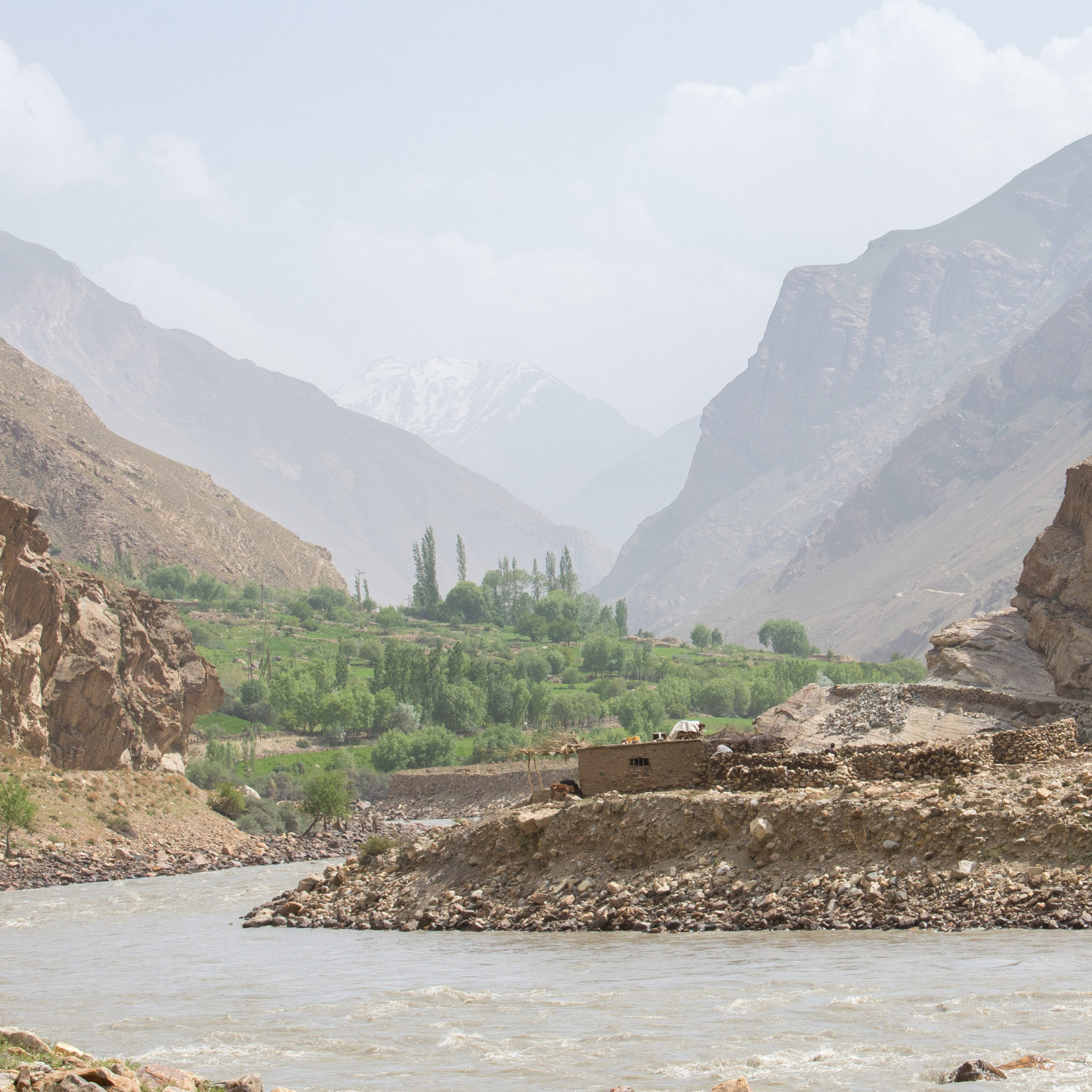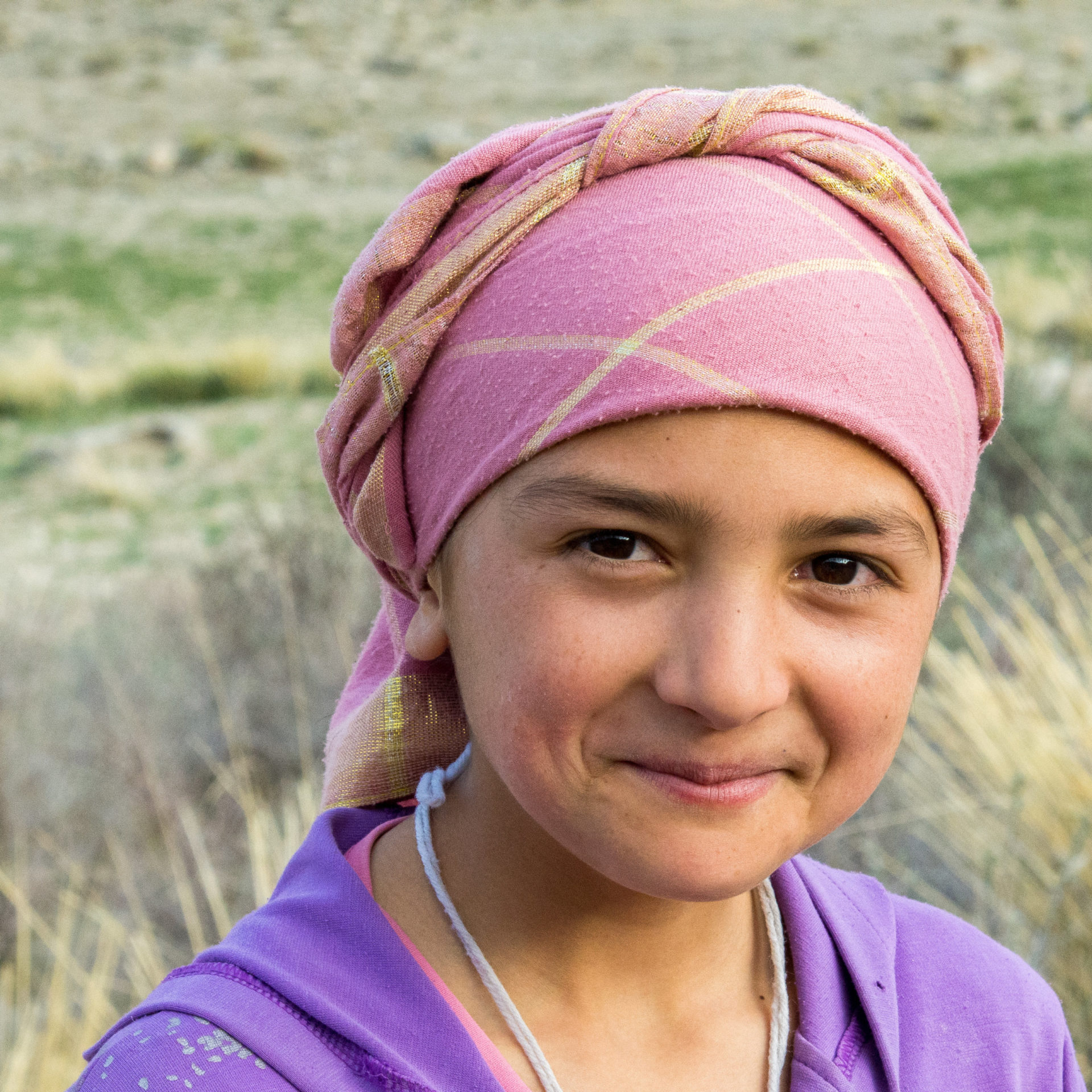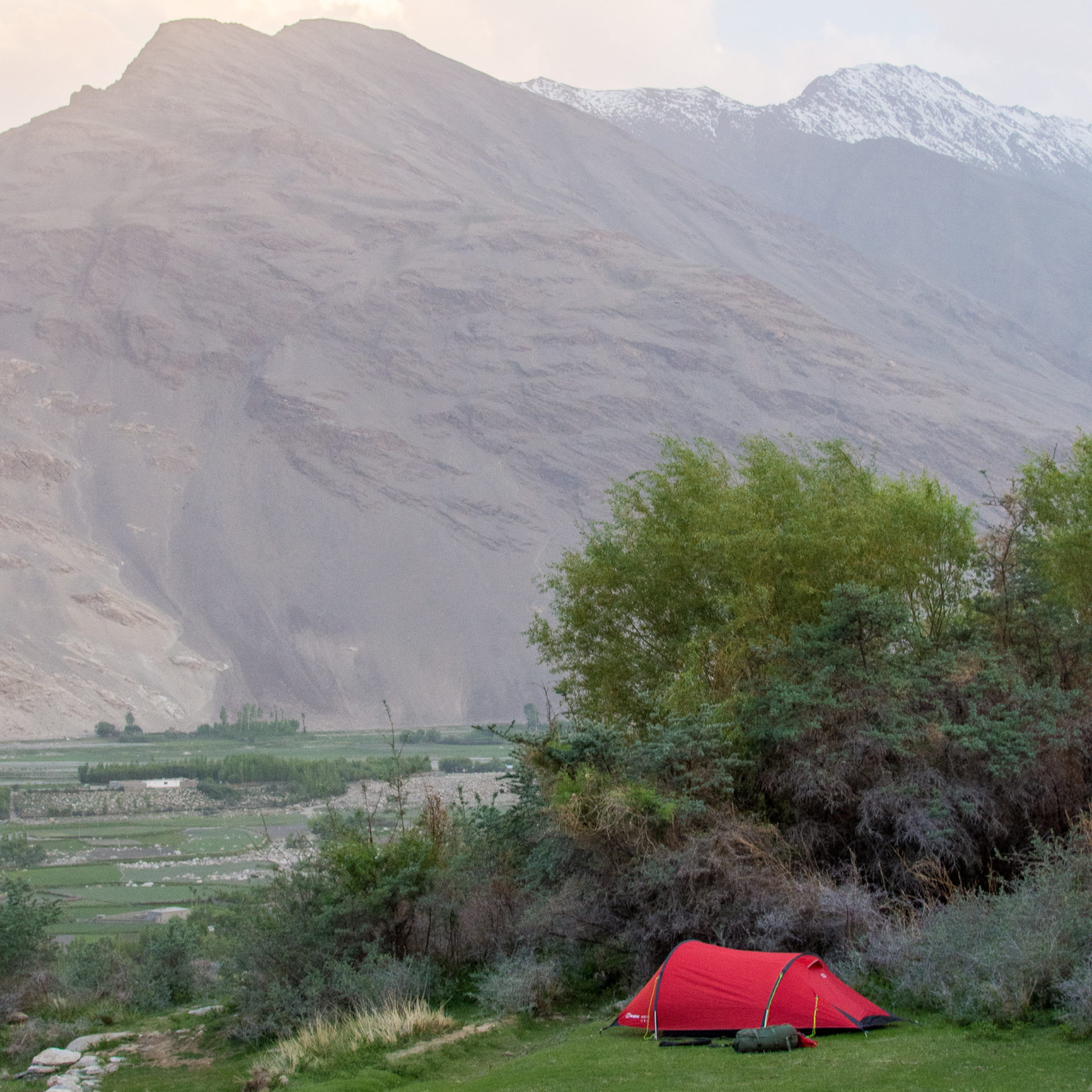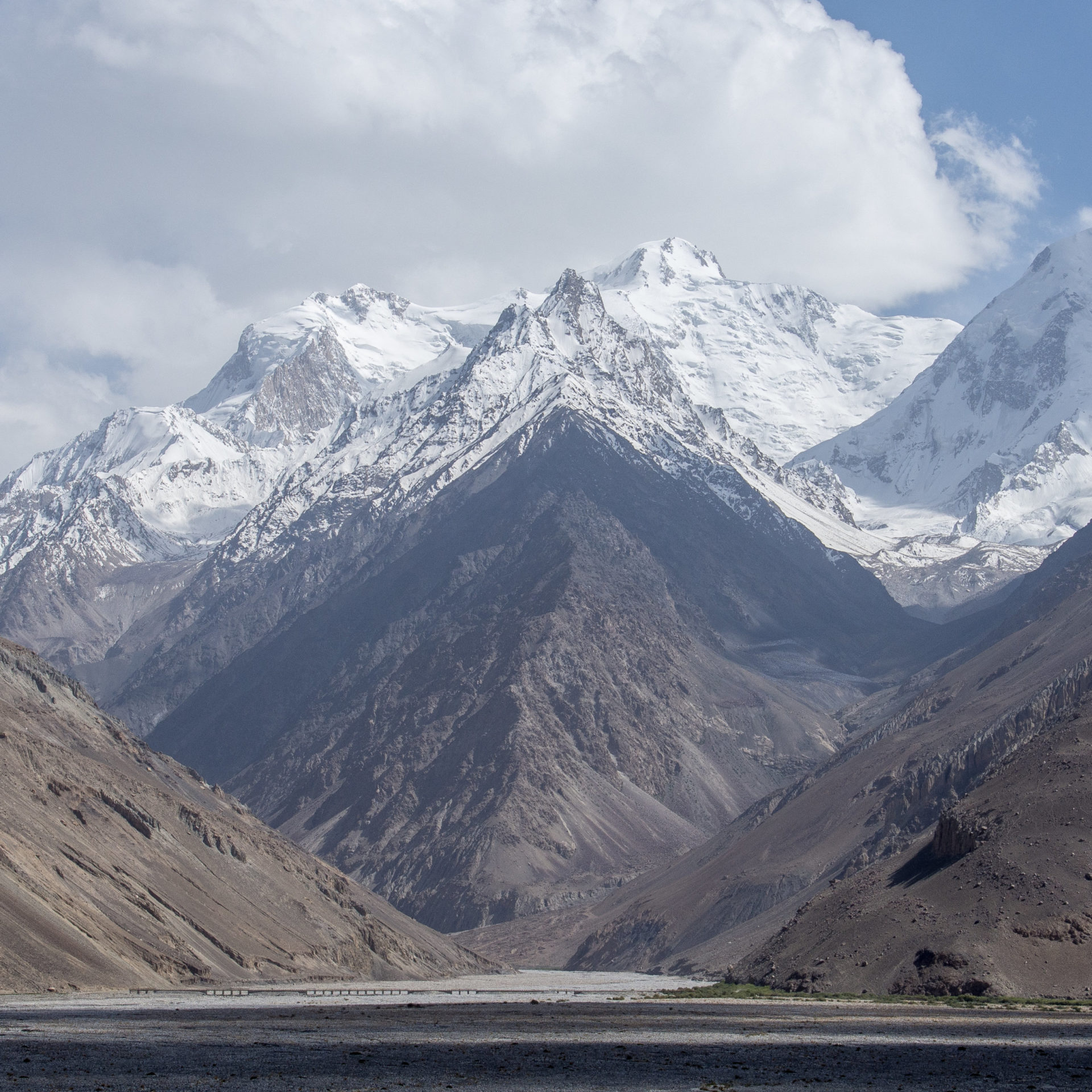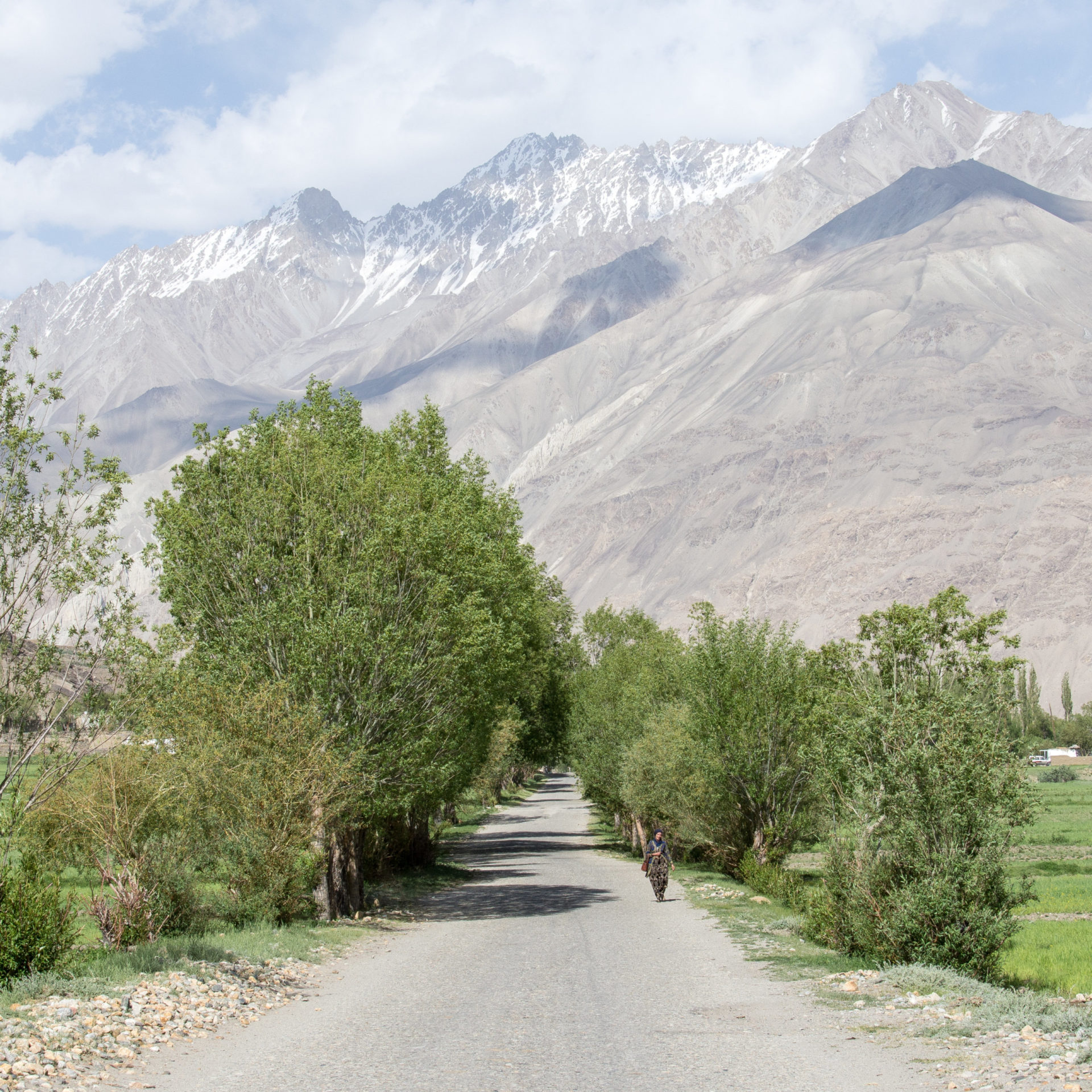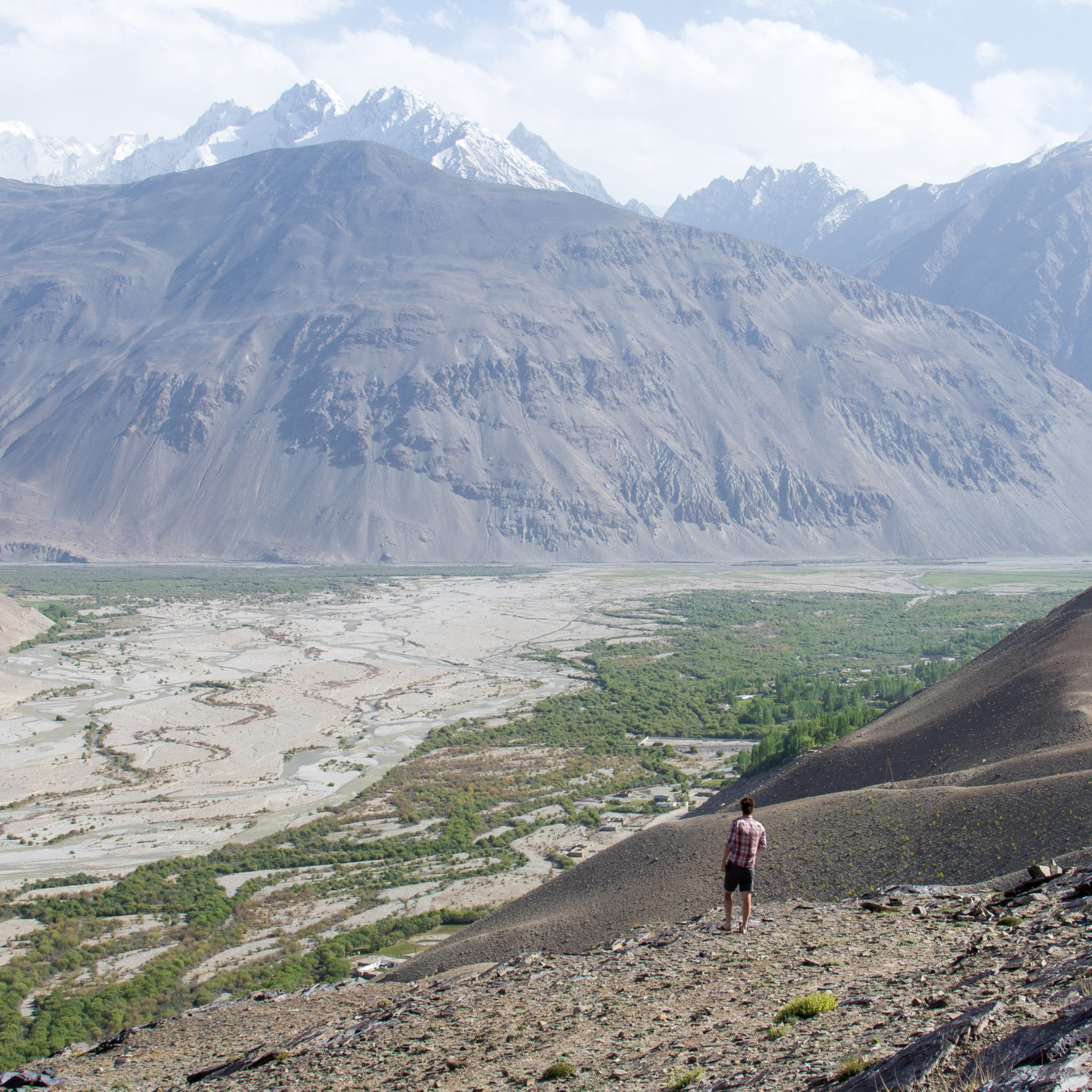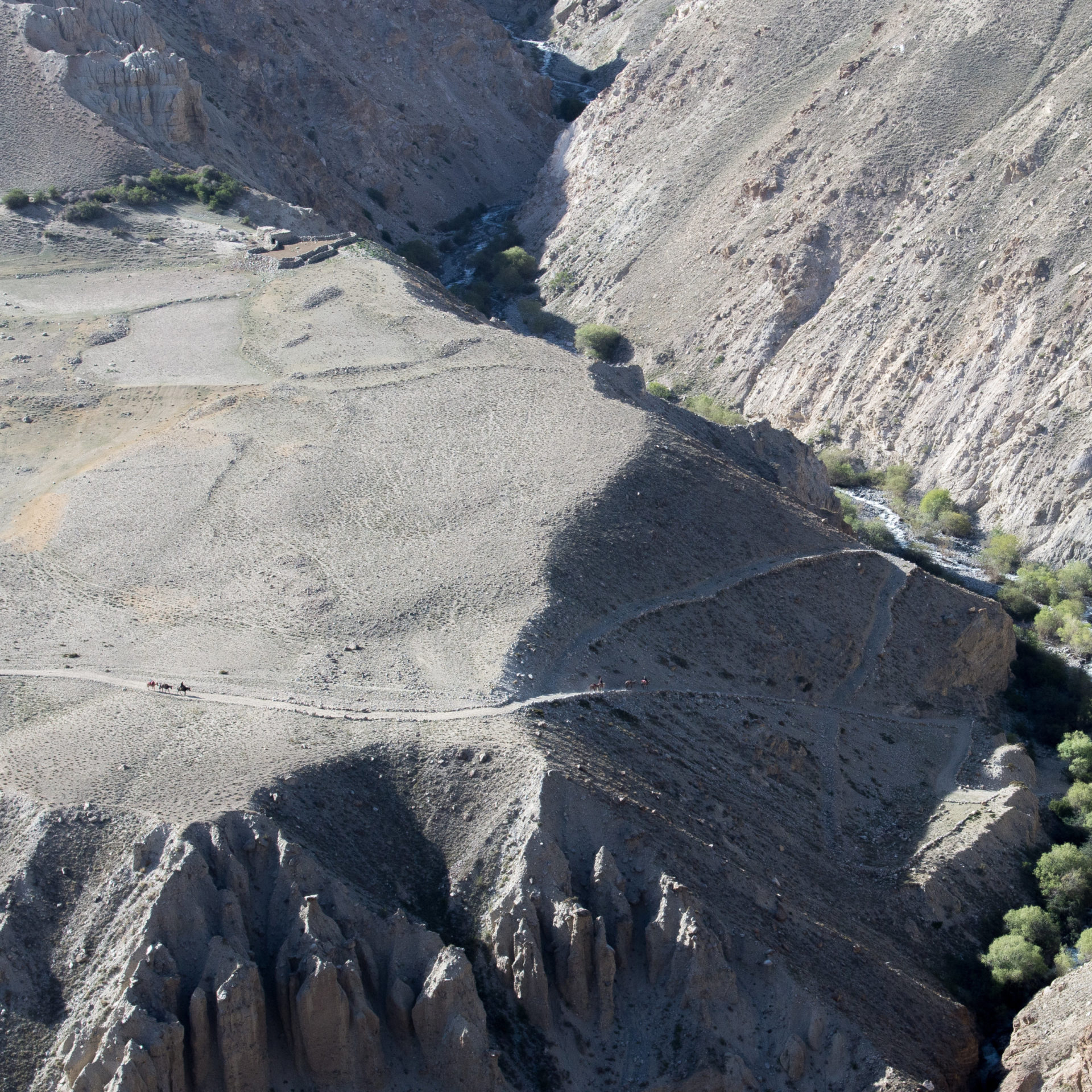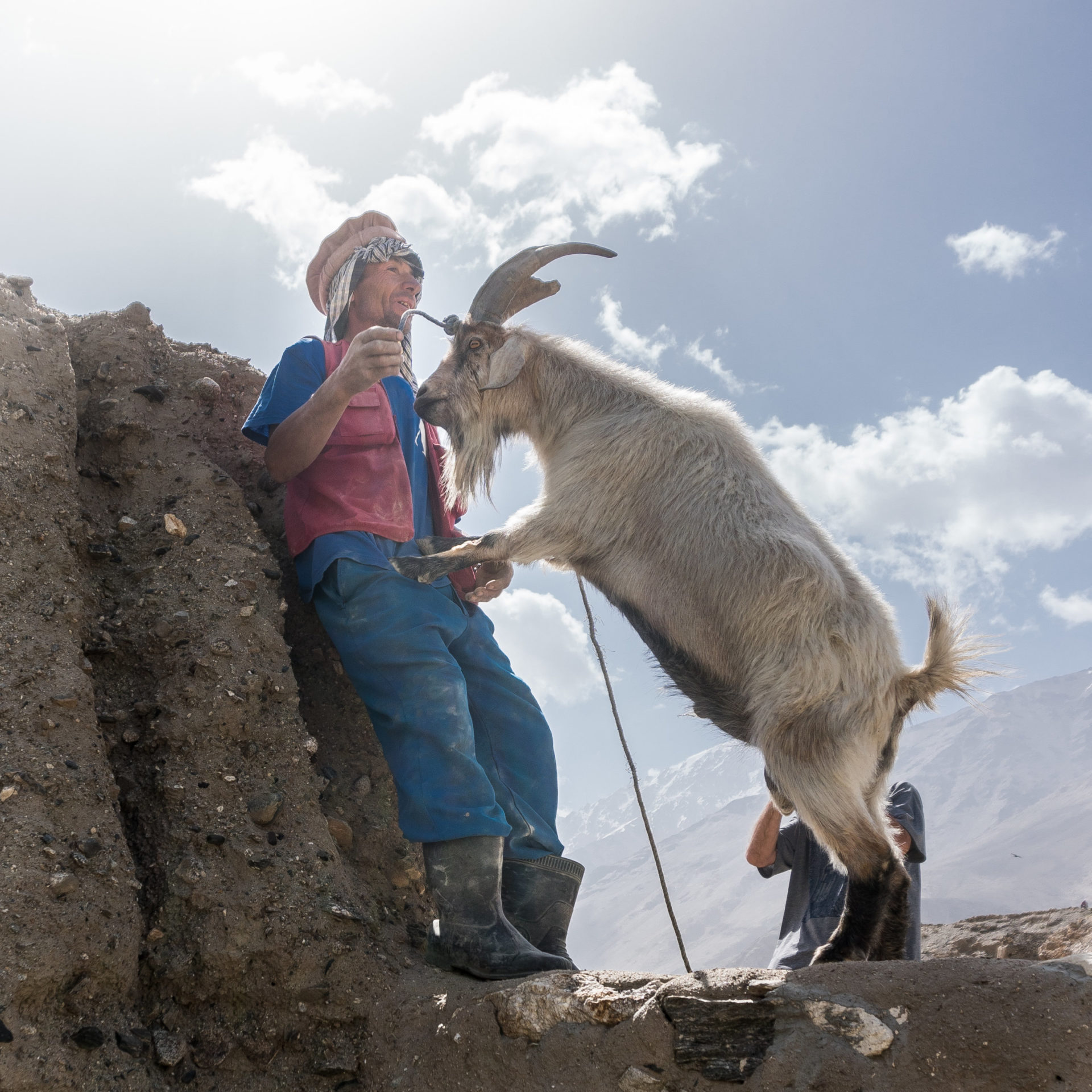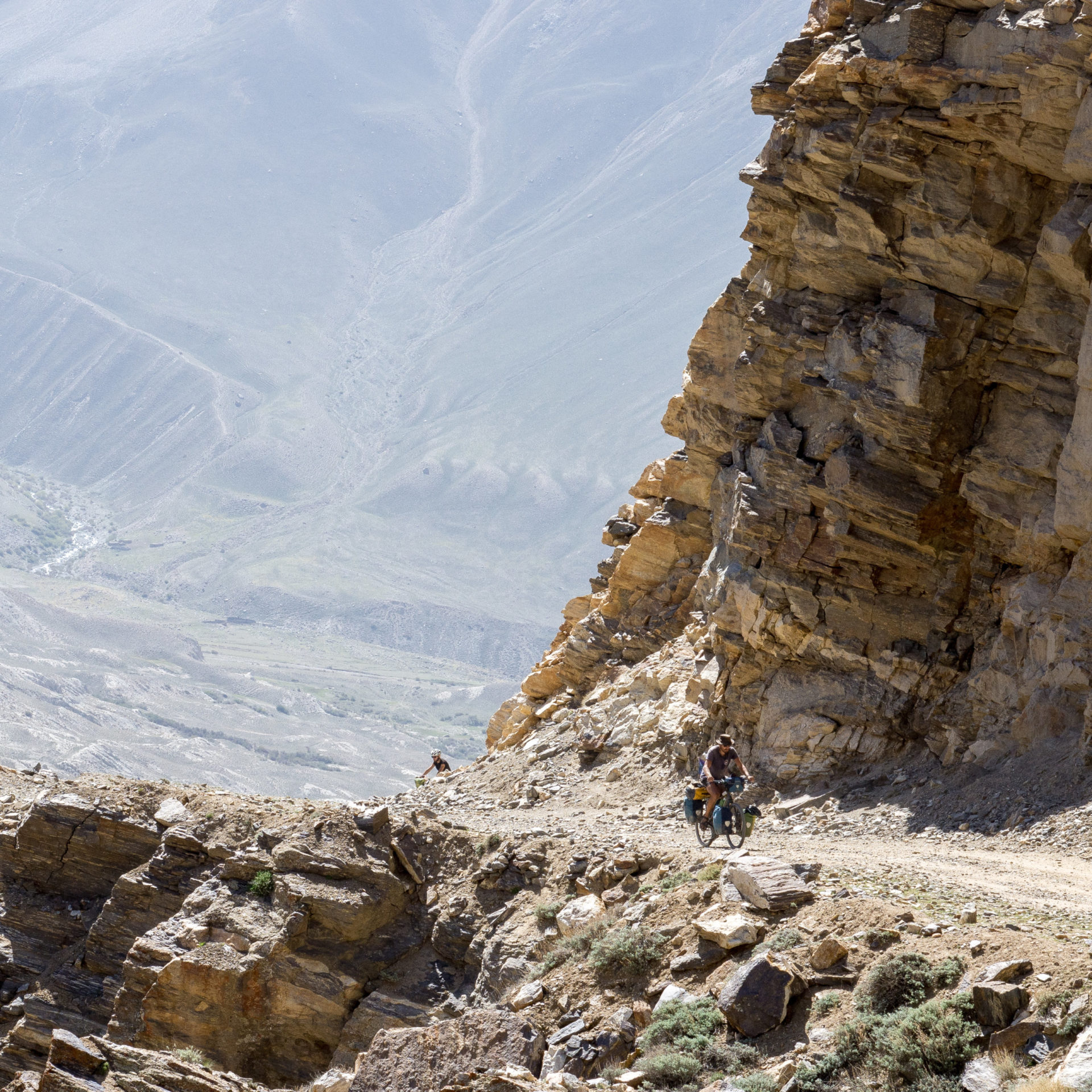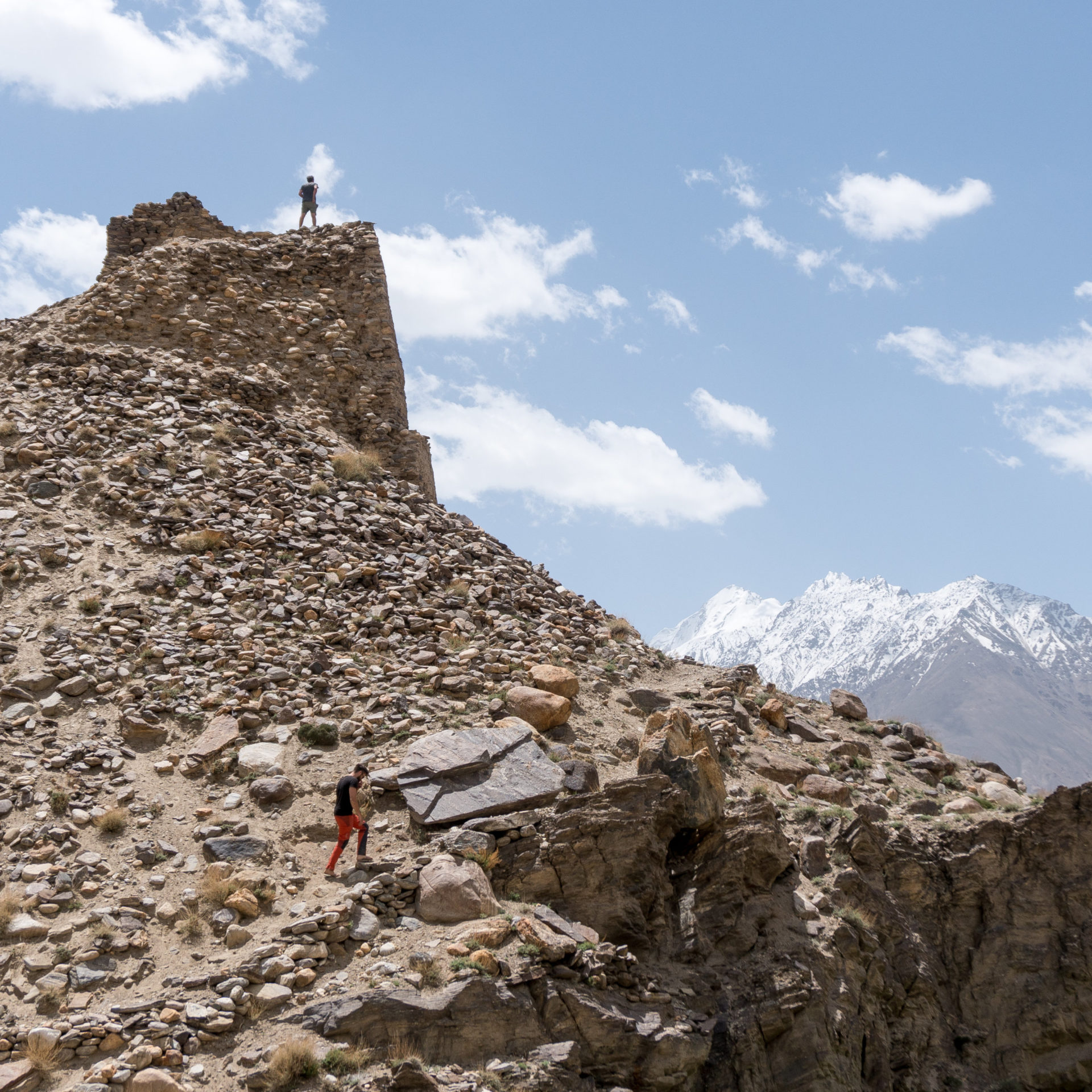EP.005: Jamie Ramsay
JAMIE RAMSAY (Endurance Adventure Athlete)
Jamie is an Endurance Adventure Athlete, presenter, public speaker and brand ambassador. He has completed over 32,000km of human-powered adventuring in 29 countries and 20 different adventures. He is a runner, cyclist, trekker and mountaineer. After 12 years working for an international communications agency, he wasn’t happy with the direction of his life and realised if he didn’t make some drastic changes then things would continue to spiral downwards. His solution was to quit his job (where he was a newly promoted Partner), fly to Vancouver and run 17,000km to Buenos Aires. Following the success of this adventure, Jamie decided to dedicate his life to pushing his perceived boundaries. Each adventure he undertakes is designed to challenge him in new ways.
Powered by RedCircle
Transcript of our Conversation
Conversation with Jamie Ramsay
[00:00:00] Work slept on the floor in the bathroom and literally woke up in the next morning, pull myself up on the sink. Looked myself in the mirror and thought this is not healthy. It’s not the direction your life should be going. And I went back to my desk looked around. I don’t want to be these people. I don’t want to be the guy.
He doesn’t see his wife and kids, I don’t want to be the person who never ends up with someone. I don’t want my life to be just stuck in this office for another 30 years.
Hi, thanks for having me on your podcast today. No worries. Absolutely pleasure to have you on and really good, you know, over these years or following your adventures to get down and have a chat about the stuff. Very much being one of the few that follows well, [00:01:00] as I say, you’ve done it, incredible stuff over the years, and it’s just unbelievable, you know, from your 17,000 kilometer.
Run to cycling and all these adventures. I mean, how do you fit them in
I’ve recently been looking back all the numbers and it does kind of feel a bit mind-boggling the last six years I’ve done 32,000 kilometers of adventuring, all human powered, and that doesn’t include the mountains and stuff. But just, it’s fun what we do being adventurous people. See, I kind of don’t. I try not to fix on the numbers too much, but so how, how did it start?
How did you get into doing what you do now? Jumping straight in here? Um, so I’ll try and keep it as concise as possible, but I was, I’m basically like most, most other people, you know, you, you go. Go to school, go to university, get a job [00:02:00] in London or wherever it is, and that’s becomes your life. And, um, I went very much, went down that path and, uh, it kind of, the story goes splits a little bit.
So in my kind of non-work life as a lot of people who do running and adventure and stuff, Did the 5k run and the 10 K run and then the half marathon, and then the marathon, then the half Ironman, the 10 K swim, always looking for that. Next thing was going to give you that fix that you were looking for.
And so that was going along in my private life. And then in my work life, I was just doing this job, which is a great tool for anyone who wants to do financial communications in the city. Um, but that really wasn’t for with me. And I was just doing, going through the motions and. No, I was a graduate trainee then became an account whatever.
And then in 2013 became a partner. And, uh, I was doing all these adventures on the side, [00:03:00] but at work, I was kind of getting to that point where I was very dissatisfied with what I was doing. I wasn’t getting much. Um, I wasn’t getting any sense of fulfillment from it. And I noticed that. I was throwing myself at these endurance things.
And then when I wasn’t doing that, I was basically going to the pub and. Drinking too much. And those were kind of becoming too, too much of a, kind of a crutch to have a balanced side of my life. Then I realized that sometimes I was getting at lunch, drinking and working out late at night and I was just like, this is all just not, not very happy.
And then there was one day I went, I was some friends and they. They went to, um, it was 4:00 AM and I was mostly going back to Fulham, but my office was in the city and I decided to go into the office in the city is better than going home because I was going to save time. So I [00:04:00] went to work, slept on the floor in the bathroom and literally woke up in the next morning, pull myself up onto the sink.
Looked at myself in the mirror and thought this is not healthy. It’s not the direction your life should be going. And the kind of went into my desk, looked around. I don’t want to be these people. I don’t want to be the guy. He doesn’t see his wife and kids. I don’t want to be the person who never ends up with someone.
I don’t want my life to be just stuck in this office for another 30 years. Um, and I thought back to the last time I felt some sort of. Uh, fulfillment and, um, my personal success in my life. And now it’s this run I’d done in Vietnam in 2013, where I was a jungle marathon, and it was meant to be 140 kilometers over six days, backpack on like marathon de sable.
And it had been canceled, but rather than that, that canceling, stop the adventure. I decided I’d just fly out to Vietnam anyway, put the backpack on and just do what I said to everyone. I would do, you know, this ran [00:05:00] 240 kilometers down side roads in Vietnam. And, uh, I can remember, I was just feeling very content and happy at the end of that.
And I, when I was slightly noticing this spiral at work, I thought back to that, and that’s what I need in my life. And that’s when I made the decision to quit, it drove the nine to five, the good salary, the London life, um, and, and go in probably a bounds far in the other direction that is like, um, which I quit my job in April.
I had four months notice finished on the 28th of January. And on the 14th of August, I was standing in Vancouver with a baby stroller. Looking south, pretty long way to run. He’s kind of very interesting. You say that because you had to sort of build up from 10 K’s a half marathon, which was exactly the same as me.
I went sort of a half marathon [00:06:00] ultra and then a year later I was doing 32 marathons in 27 days. I sorry, 27 marathons and 32 days. It’s sort of that buildup to try and sort of say, Oh, you, how far can you push yourself? Yeah, I think also it’s a little bit like an addiction. Like it’s a hit, you get a hit and doing the same things, not going to give you, unless you’re absolutely focused on the number of how quickly you go.
You’re not going to get back, hit that sense of achievement. And so, yeah, I’ve, I want a very slippery slope. You were out in Vancouver, in Canada facing south. How w how did this sort of planning for that trip come about and. So I’ve been, I’ve obviously been thinking in my head, right. I need to quit. I don’t, if I carry on in the life, I’m in, I’m going to end up in a place I don’t really want to be.
So I thought I need to put passion at the forefront of what I do. And I was like, right. So I want it to be running, [00:07:00] travel adventure. Um, and I can’t just quit my career to go and do a marathon. This is going to have to be like a year long. Endeavor, but I thought running a year, the math 30 kilometers a day, that’s 11,000 kilometers.
So someone looking at a map and I immediately went right to the run around the world. And then, um, I looked at the logistics of running around the world cost of running around the world, visas. And I realized that as a first time adventure, that probably wasn’t quite doable. And I liked going down through Africa and it was the same sort of thing.
And then I kind of looked over to America and Vancouver to Beanos Aires . He’s just presented itself as quite an easy option compared to the other ones, 17,000 kilometers, 14 countries, but there was only two languages, English and Spanish. And with a British passport, you could enter every single, uh, country and bizarrely, the bigger countries had the longest durations you could stay.
[00:08:00] So actually you never needed a visa. Um, You basically running the directions were run down the Pan-American highway, turn left in Chile, and then you’ll be in Beaunos Aires. So everything was just kind of an easy option. And as a first big adventure, you kind of gave me that confidence ideal to do that. So, yeah, I was standing there really long way to run and just standing there with a baby stroller.
And it was weird because I actually, I went to the center of Vancouver with the rush hour. So everyone was in the grey suits. Walking to work. And I was pushing my baby stroller in a yellow t-shirt. Um, and I just felt that they just kind of, for me, it was symbolic of like, I’m kind of. Going in different directions and setting yourself.
Yeah. And I imagine, I mean, that took what just over a year. Was it so, um, being a PR man, I was trying to make it sound as good as possible. Uh, so it took me 367 running days to [00:09:00] do averaging about 46 kilometers a day. Um, but. My sister got engaged halfway through, so I I’m not, I don’t do it. Don’t do first.
and I don’t do records. It’s not my thing. Um, so there’s no way I was going to miss out on that. So I flew back for my sister’s wedding. I obviously had to take rest days here and there, and days were injury and packages arriving. The whole thing took about 14 months. Oh, okay. Yeah. Got you. Oh, wow. And, um, and the people you met along the way, I, I, I have to say to this day, I still count the American people as some of the friendliest and most hospitable people.
Did you, did you have the same sort of experience? I sat on the airplane, uh, going across the North America and I was like, I’m going to love the Canadians, not sure about the Americans. Really not sure. And I remember just walking out to Canadians saying, this is what I’m going to do. And they’d be like, Okay.
And you’re like, really? Okay. I [00:10:00] remember crossing the border into America, went to a supermarket lady, asked what I was doing. I told her, you got the tannoy. Everyone started cheering. And I was like, I thought this is amazing. And then everywhere I went. Exactly, exactly. As you said, you would just stop and hand me money.
Give me food, take me in. Um, and. Yeah, they kind of image has had in my head of the Americans was not the reality I had when I was actually in something. Yeah, it was exactly the same with me. You sort of go across and you, stop at a restaurant or a cafe and someone just goes, Oh, what are you doing? And. You will say what you’re doing now, but Oh God.
Okay. And you know, it’s really cool, whatever. And then they’ll, they’ll like buy your food without telling you you’ll bump into them at a petrol station or gas station as they call it. And they’ll just be like, here’s 20 bucks. Have a steak on me when you get to well for meals in Nebraska and elsewhere, you know what what’s going on?
[00:11:00] Where where’s this coming from? And I know Americans are Americans, but you say that I have done as I said 32,000 kilometers venturing around the world. And I still struggle to find a negative moment I’ve had for the human on those trips. And I don’t know if it’s because I’m mostly a solo adventurer that people look at you you’re doing something.
Physical pushing yourself to the limit and people feel that they want to either be part of it or they want to, or they can see that you’re vulnerable in a way I’m going to protect you. So it doesn’t matter where in the world you are. People seem to be the same. I think that’s nice unifying thing. The advantage of going alone rather than with someone is that you have that sense of.
Vulnerabilty and people are more encouraging to help you because you’re alone and vulnerable. Whereas with someone, I think a lot of people look at you and [00:12:00] say, Oh, they’re fine. You know, they, that they’re two together. So that even if you’re struggling, their immediate reaction was B because there’s two of them I don’t need to help.
Or I. That and I think going alone, actually, it’s a huge asset to these adventures. It’s definitely my preferred way of traveling. And so what were some of the sort of big highs you had from that trip? Because I imagine when you came back, you had a bit of TV coverage, a bit of newspaper articles. Um, but I’m on the actual journey.
Did you, what was there sort of moments along the way where you met people and you were just like, this is the craziest story. Yeah. There’s like, there’s always, it’s the things that you don’t plan and the things that just ha so I remember there was a, [00:13:00] so when you were running like over marathon day in, day out and you kind of get into this.
Perpetual motion that you just keep going, keep going, keep going. And sometimes it’s very hard to stop as you just have this desire to progress. And, but sometimes when you do manage to wrench yourself out of that routine, you can have some crazy, I remember. Good. I was running in through California and there was a sign saying soul camp and I was like, I ran past it.
And I remember talking to myself, which I started doing quite a lot of like, no, go back and investigate, find out what it is. And it was a bunch of DJs from, um, Uh, San Francisco who’d come up. Hired, the caravan park. I’m having a, basically a rave for a weekend and I managed to blag my way in, uh, cause the guy was like trying to get $32 out of me.
And then he asked me what I was doing and he’s like, go, get in there. And you know, that night I had a little Mexican lady coming up to me and giving me like a bowl of Vodka gummy bears. Um, I went to a pool party and I had [00:14:00] hashbrown is, um, and just had the most amazingly weird weekend. And then the next day woke up and ran 50 K.
Um, so the next time it was just like, did that happen? And then just some other kind of meeting, like I hitchhiked my way across the sea of Cortez, uh, because I had to get from Bahar to mainland. I didn’t want to take flights or ferry exists. Didn’t sit well with what I was doing. And I ended up, um, going on this kind of.
A week across the sea of Cortez, with this amazing guy actually, who had responded to a call, a shout I’d made for help. Um, and I was raising money for a charity called calm, which is the campaign against living miserably, you know, suicide. And that resonated with him because he’d been a firefighter at 9/11.
His job had been pulling the bodies of the firefighters out of the rubble and he suffered from PTSD. And then as a result actually tried to take his own life and was, um, was saved. And because he’d seen what I was [00:15:00] doing and the charity I was working with, this mini adventure within my big adventure, which was.
Fantastic. And then I think all the highlights just come to things like navigate your way around the Darien gap between Ecuador and Colombia, with a baby stroller and trying your hardest to refuse to take any sort of, kind of conventional travel and then running across the Atacama desert was insane.
And then. You know, running I ran over the Andes 4,800 meters pushing my scroller and you kind of met Matt. I met cyclists and they were like, this is difficult for us. Like, what are you doing? Um, but at that point, you’ll 13 months in 12 months in you’re the strongest you’ve ever been and actually running these things seems completely normal, but that’s unbelievable.
And so once you had finished that. Um, journey. So once you had finished that journey, you [00:16:00] came back to the UK. So yeah, I came back to the UK. How did that feel? I actually think that giving up alcohol really helped. I’ve heard from a lot of people that when you come back from a big adventure, then you’re immediately going to be, you’re going to be in a completely different environment in those, the one you’re used to.
But everyone’s going to be wanting to take you out for drinks. Everyone’s gonna want to hear your stories. Everyone’s going to be plying you with alcohol and you’re not really going to have anything else to do. So you have this, that there’s a trap of falling into the kind of guy who goes out every night.
And, uh, so I made a decision not to drink for nine months when I got back. Um, and you know, I was within a month, I was cycling from Edinburgh to, uh, London on my cause my sister take my bike up to Edinburgh, had to get it back. And then I kind of went off and did the three peaks challenge, but running it, um, so that was 700 K for the backpack on.
And then I went off to Scotland and did a 430 kilometre run. What I kind of [00:17:00] really tried to extend. The kind of strength. I had plow into new adventures cause I kind of felt poor and unemployed. So I just, I thought, you know, if you want, if you want this world that you want to enter into and sit back on your laurels rest, that you have to keep pushing out to show people that you’re not a one trick pony wonder.
Yeah. So, well, yeah, the one trick pony thing as well came, you know, cause I did. So I did the 17 times, and then I did a 700 Ks of the three peaks challenge. And then Scottish Isles. And then I realized that that’s what I become like id prooved. I could run a really long way by myself and that was it.
So I needed to diversify into other things. And that’s why, when that was the beginning of starting new things and the next thing was cycling across South America. Okay. And when you say cycling across South America, was that from [00:18:00] North to South or down the Andes? So, so I, I, um, Yeah, never, never cycle toured to it before.
So I spoke to a company fair light, um, who gave me a farren bike and a Bought panniers, whacked it on. Uh, I cycled to Gatwick, uh, no cycle to Victoria. Put my bike on the train, went to Gatwick bought a box in the airport and undid my bike flew. Um, Sao Paolo and then rebuilt my bike in. Sao Paulo airport, like 6:00 AM in the morning and then cycled across Brazil.
Across into Paraguay and then North up through the check, the shocker, and then, um, to a place called Villa Montez and Bolivia, which is the size of the Pyrenees, the low part of the Pyrenees. And then Pyrenees. Andes. And there’s went over the Andes and down to uni. And then across the salt flats is about 3,700 kilometers in 28 days.
How did, um, how did the two trips compare because [00:19:00] you ran across South America and then you cycled it. How, what was the sort of feeling of going incredibly slow to just slow? Well, I mean, sorry. Well, I’m going to take offense that you say that my running is incredibly slow, but, uh, I, I tell you realize that.
Well, when I cycle, um, When I cycle, you know, you’re covering a hundred miles a day when you’re running, you’re covering 25 to 30 miles a day. How did the two trips differ in terms of the sort of feelings towards them so that when you. So when you’re running your, the huge distances, you are running from a to B and you’re wanting to get from a, to B in the most direct way possible.
And there’s two things that does. One is the, if there’s a dangerous thing or anything like that on a bike, you [00:20:00] go around it. If you’re running, you go through it. And you just, you just hope. That everything’s going to be all right. Uh, but also it gives you because of that kind of lack of ability to, to meander, I feel you get a much, uh, true, a sense of a cross-section of a country.
You’re basically slicing from the top to the bottom North to South or East to West or whatever of that country. And you get to see every single, um, kind of geopolitical thing that hangs along that line. And that’s a really beautiful thing. But on the flip side is if you’re running and you see a sign post saying the most beautiful lighthouse you’ve ever seen in your entire life, you’re not going to run 11 miles to go and see it.
And if youre on a bike. You will take that detour. You go and see it. I also think that when you’re running, running is such a solo thing, but even when you arrive in places, you’re a runner. If you’re on a bike, There’s much more of a touring community invites that you become part of that [00:21:00] touring community.
So it’s more, even though you’re alone, you’re still part of something bigger when you’re running. It’s just you, is there a very few people do what you do? So no one really understands you. So, and I suppose logistically with all the equipment, um, whether what were the sort of main must have, do you feel when doing these sorts of trips?
Well, I kind of spent a lot of time trying to reduce my kit down. So nearly every, so my camping stove and my tent and my sleeping bag and all that kind of the liners. So the essentials of where do I sleep and how do I eat and how do I hydrate are pretty much the same for every single adventure I do.
Um, Which I, which I kind of like, so my I’ve got a one man tent, which is, uh, 600 grams. So if I’m going to lightweight, I take that. Or if I’m being more leisurely than I’ll take my Hubba, how the NSR two man [00:22:00] tent, so I can have a bit more luxury, but essentially I just have a very lightweight kit selection I use for everything.
Um, Uh, and I I’ve learning that when I start some, I did a cycle tour. I had two panniers on the front three panniers on the back. Um, you know, it was, the bike was fully laid and now I don’t have any panniers on my bike. I’ve just bought saddlebag. A rack kind of frame bag one on the handlebars and a couple of extra bags here and there.
So everything’s about being, it’s an efficient way of running. Um, making sure it’s as light as possible. We’re cycling them a bit more. What’s the word. I sometimes carry my laptop around. Well, I think when I ran the three peaks, I think I took, I took a tablet with me so I could watch TV and the internet, just one of these things.
How much do you run with when you have it on your back? Just a small backpack, you know, as sort of 20 litre. Yeah. So when I’m doing like the long [00:23:00] multi-day ones I’m running with, when I ran across Iceland, I had a 44 liter backpack. Um, carrying 15 kilos, um, and you know, still able to do the 50, 60 Ks a day. I did a sub four hour marathon with on, um, just what happened, but, um, yeah, so I, I, I’m a, more of a believer in taking more stuff and having a more comfortable journey then going absolute bare minimum because.
That’s only good for when you’re actually moving when you stopped moving, which is more of the time. I want to be comfortable for that time. Yeah, I can enjoy, I can draw pain longer when I’m running then. Yeah with cycling. I think it was in America where having my laptop because I was blogging at the time, but it was just now and again, you get these sort of moments.
And one of them was in Wyoming and Wyoming in the middle of nowhere. [00:24:00] And there is very sort of sparsely populated. I think it’s 200,000 for an area, the size of the UK. Anyway, I was sort of cycling through and hadn’t seen anything for about 50 miles. So now I came across the Mormons handcraft historical site, and it was the evening and say it was what’s the word.
So it was closing down at the time. And anyway, I sort of needed to loo. I went into the loo and I remember being there and being like, Whoa, it has electricity. It has a. It has this, I mean, this is amazing. Anyway, I ended up staying the night in the Mormons historical handcraft site, and I remember sitting down and watching, I think, uh, Sasha Baron Cohen movie or something like Borat.
And I just remember just thinking, like at the time I was, I felt it was the laps of luxury, but I imagine to anyone listening, sleeping in the loo of a public loo is [00:25:00] just beyond the joke. You just think God that’s disgusting, but because I’d been so used to camping in like dirt, to not having running water and no electricity, just one night with electricity and the basin was just like laps of luxury for me.
Yeah, there’s amazing how the little things in life becomes. So just so much more cherished when you’re, when you’re out. I actually sometimes rebel against, um, you know, when I go on, when I’m doing adventures in more developed countries, I kind of feel like I’m being a bit, you’re cheating, but it’s soft, slow.
I need to go. I like being places like Bolivia and Mongolia and um, to places that are a bit more. real. Cause I actually, I think quite a lot of what we have today is just makes us. So everything’s too easy. Um, well, you know what they say, it’s sort of human beings, design things to become lazier and lazier [00:26:00] like stairs are too easy.
We need an escalator to take us up. Escalate is too difficult. What about if we get a lift?
Uh, and then soon, soon we’ll have our packages delivered by drones. I, I, I would say that’s pretty, that’s no far off now. I think Amazon out with him. What came out of the advert three years. Okay. Yeah. So, uh, yeah, that’s why I live in the middle of nowhere in South France. Well, you can tell Amazon. Yeah, you can deliver it to here.
And then I
could rely on them. Just very sad. It can be so easy. And in terms of your running, I mean, if you’re running nearly every day for a year, you must’ve come into. What sort of motivated you when times were really tough in terms of what was a sort of [00:27:00] feeling or something in the back of your mind that sort of kept you going
it’s kind of different or depending on what situation you’re in. But I was talking about this with someone earlier, and I think this is quite often. A misconception when people look at adventures and they go look at that guy, he’s got to get up and go to go and run across a country. And he must be the happiest person in the world.
I actually think that quite when you look at adventures and like the kind of psychologists would kind of look in boys, what’s wrong with that person? What is the thing that’s missing? I might kind of try and work it out and distill it and convert, but I kind of see myself, like I am a happy person. I’m not, I’m not in any way sad or depressed person or anything like that.
But I do think that what I do is I have a lot of self doubts. I [00:28:00] probably don’t like myself that much. And, um, I don’t think I’m good enough. And I basically try and draw on all the negative stuff that’s in me. And then I kind of put it through this internal processor, which turns it into a desire to prove to myself.
That I can do it and I don’t do it. As I said, I don’t do records. I don’t do first. I try not to, I have to talk about my ventures because it’s what I do as a job, but I don’t celebrate when I finish an adventure, which I probably should. It’s all just to prove to me that I can do it. Um, And, but I’m doing it in places.
I want to do it. I’m doing it for positive reasons. I’m doing it for passion. But when I guess tough, it’s just like, you need to prove to you that you can do this. So don’t let yourself down. I’m not never letting anyone else then. Um, so it’s just like, yeah, I just don’t want to disappoint myself. Yeah. I think there’s a huge element of that in terms [00:29:00] of, I mean, I suppose when I first got into it, it was very much that.
Make trying to make a mark. It was trying to sort of, as you say, these sort of insecurities, that one has in trying to sort of show that you are bigger and better or whatever it was, as I say now, it’s sort of more for the love, but is this sort of, sometimes when you push putting yourself in such horrendous situations, people must ask the question of like, why.
Why would you ever injure that? But there’s a part of me that I sort of feel by enduring it, it just means that later on in life, when something really bad happens out of my control, I can injure that better then. Um, w what I would, if I couldn’t injure this. Yeah, I kind of, yeah, very similar to that. And I kind of looked at [00:30:00] it.
Um, and it’s probably an analogy, lots of people use, but I look at like, this is me in the middle and this is what I think I can achieve. And every time I come up against that, and that’s really difficult and I pushed that the circle out a little bit, you might have all that extra space of new things. I’m now deaf will think I’m capable of doing.
Um, and I think that comes back to when you’re talking about going bigger and bigger and bigger, you know? So when you run over a mountain and you get to 4,800 meters, you’re like, I just, I did that. What can I do next? How can I push that? So it’s almost now like I’m seeking that horrible place where everyone else is sitting there going, why would you do that?
I’m doing it because I need that. Cause I need to be able to push the barrier further. I want to see how far. What I’m capable of, where are the boundaries? Because I spent so long living in this little, this is what you do. This is how you live your life. And I want to expand it, but also kind of, I do, [00:31:00] I watch quite a lot of these other groups who are setting again, usually, well, your job, and you should go doing adventures and you’ll be happy if you do that.
And I just hope that the people who buy into these, um, communities. Do sometimes take a step back and think that to actually go and do these hardships is a very, it’s quite often a very lonely place with very little feature security, no routine, uh, and it’s, it can be a weird world to be in. So, you know, I think the people who can live a society of, you know, contributing positively to those around them and having community that is actually sometimes a good place to be.
Um, yeah, I, I think, um, what was it? I, that, you know, Alaistair Humphreys, absolutely great guy. He, he, I remember, I think it was on his Instagram or his blog. He said he got a message from a [00:32:00] guy who had sort of spoken to him for a sort of year saying how he wanted to go on these grand adventures. And he had a kid and a family or whatnot.
And then about a year later, he saved up all this money and decided to cycle across the Himalayas or somewhere, somewhere like that, that, and he said after two weeks, he quit. And he said, I realized then and there that these big grand adventures, which I sort of was envious of people doing that. Not for me.
I miss the comforts of home. I miss my family and this sort of connection that one has. And, um, I’m actually happy just doing the sort of weekend or the week here, but these grand adventures, aren’t, they’re really exciting. And you know, I absolutely love them, but I can’t recommend them to everyone. It’s almost impossible to, you have to decide whether that’s the sort of life as you say, with no routine [00:33:00] financial security whatsoever.
But you didn’t really do it for any reason, other than the love of actually pushing yourself further and further. And you know, when the more you analyze it, they want to get too, too deep into it. But the more you honor that you realize it’s quite a selfish. You know, I’m trying, I’m doing something because I want to do it.
And I do it on my terms to push myself as far as I can go. And so it’s about it. That’s why I spend a lot of time when I’m not thinking adventures, trying to make videos about how to do adventures and kit to use and like sharing my adventure because you can’t just take, take, take, take, take. And feel good about it.
You have to give back to balance are the kind of life equation, um, being a human being. And is that why you’re started doing these vlogs on it? Yeah, the vlogs thing. Um, [00:34:00] so I’ve done lots of videos in the past. This just recent vlogs is because I, um, I just want to. Uh, use it as a tool to actually push myself.
So I’ve got an adventure planned for next year, which sadly I can’t talk about, but there’s a massive amount of preparation that needs to go into that and training and, you know, I want to film it the best I can and what better way to do it than to make content and get share with people and get them to, you know, I just, I did one yesterday on, you know, my daily workout, which is about four hours and burns 1500 calories.
Well, when I’m doing it, I’m mostly in video and I can see the rolls of fat on me and I’m like, wow. You know, but by putting that video right there, I’m holding myself accountable and I, uh, I’m going to have to keep going. And like the first two videos were just going on a hike and then I’ll, I’ll go and do a run and I’ll do a cycling.
I just use it as a tool to hopefully help other people see what it’s like to be an adventurer. Maybe teach people some [00:35:00] stuff about my life. Maybe get people to tell me, come and help me. So it’s just a way of opening myself up to people when I’m stuck alone in a house. Yeah. Yeah. Cool. Four hours. Did you say because that’s taking it.
So I’ll do like a, I’ll do a, an hour and a bit walk in the morning. I’ll do an hour of yoga and I’ll do an hour strength training and I’ll do an hour on a bike or a run. Well, you must be almost. And your, your base quite near the mountains at the moment arent you. Yeah. So I went and did a nice two day hike over the mountains the other day, which was slightly more adventurous than I had initially planned.
Like I got up to this is the Brecker, the rural land. And then the other side, no one had actually ventured down the other side. And I realized why when I got kind of. The waist deep in snow, trying to push my way down this quite dangerous, walking over like rivers were underneath me. And, uh, but it was great fun.
So [00:36:00] hopefully more and more of that. Yeah. And so, in terms of your, the vlogs, are you sort of talking about your diet, your daily routine, your daily, your equipment? Is this the idea. Yeah, it’s going to be a, so like that one was about there. It was about doing what I do workout. Then I’ll look at one, looking at nutrition.
Uh, I’ll do some jokey ones. Like what’s it like to go hiking in a kilt, uh, being Scottish. But, um, and I’ll do, you know, there’s a lot of deer around here and I’m a big, I love going and watching the deer and stuff. So I’ll go out and film the deer and like share it, share things that people back home might not be able to see at the moment.
So. It’s just basically, it’s just as a study, it’s a variety. It’s a way of getting me to do stuff that is constructive. Um, especially when you’re writing a book, very easy to sit at your desk and then look up at seven o’clock at night and realize you haven’t been outside. So by putting a tool in place, it [00:37:00] means I have to go and do stuff I have to break up.
The laptops. Another question I wanted to ask was sort of about running and the sort of failures you’ve had along the way, because as you say, you started out small and you sort of, as you say, you’ve progressed into this huge ultra marathon runner and adventurer, I’ve never actually done an ultra, maybe not.
No, no additional one. So I run, I run really long distances in, I think when I did the, um, I did the endure 24, where you do the five, the laps of five miles. Now in 24 hours, I did 80 something miles. So. So 135 K in 24 hours, I’ve done 78 kilometre a day. I’ve run 400 K races, but multi-stage races. I’ve never actually done an official ultra marathon.
So it’s on the list. Last year was the first [00:38:00] official marathon that I’d ever run and so it was actually a lot harder than actually running. And it’s sort of a marathon as an adventurer or an ultra marathon because. You’ve sort of, you’re sort of motivated by your time. Whereas when you’re doing as this sort of adventure, you’re sort of more motivated by what you see.
And there’s no sort of cat crowds when I got to Argentina. And as I told you, I needed to get to Buenos Aires for New Years Eve. Um, I was very much motivated by time. Cause that that section I did 28 days straight in 40 degree heat. And I ran an average of 58 K a day bang in 28 days. So that was, that was being pushed by time because I might arrive in Buenos Aires, as a day early.
So you must’ve been pretty chuffed with that. I was pretty happy, pretty happy. He says I wasn’t drinking, so I didn’t really celebrate, [00:39:00] but I, I know from experience that with running expeditions, In terms of either training or nutrition or something on the lines, has there ever with these expeditions that you do, is there a time when you’ve failed or, and sort of, what have you learned in these years of doing this?
Right. So I failed, uh, Hi, I’ve failed many times, but I got two big failures in my life when it comes to running. And the first one was when I did the Cape wrath ultra in 2018. Yeah. 2018. And, um, I. It’s a 400 K race, eight days across Scotland. And, uh, it’s weird. Cause it’s in my eyes. It’s a failure. I came third.
Um, but I ran the first [00:40:00] four days running. I was in third place and then I sprained my ankle and then on day five I went out there and I just couldn’t let go of this. You’re in third place. And I walked beginning of the day and everyone like the, literally the whole field were classmate or saying, Oh, it’s so sad to see like this.
And, um, and then I find a pub on the side of the road, like just random hotel in middle Scotland spelled had a pint and just said, no, this is not how this ends. And like when I there and I started running around going right, who’s got painkillers. And I found a doctor who gave me some Co-codamol authentic and.
I ran for four days on a sprained ankle. Uh, and every day, every evening I couldn’t walk and I had to put my leg off and I couldn’t, but I did it and I got to the end and I was like, I was, I’m a hero. I finished that race. Um, and then quickly learned that it’s very, they’re still living with it now, but I should have.
[00:41:00] I failed because I should have pulled that out race. The moment I sprayed that ankle, and it’s about knowing your limitations. Um, and, uh, if you actually want to succeed for a long time, then you have to take little hits along that way. And then the second time was, uh, was in the 2019 when I was backing up the Aconcagua ever hang together, Madagascar was the last one and two weeks before I went, I was.
Here. I went for a run along the back, um, track and I’m told I it down a rabbit hole and twisted the other ankle. And I just couldn’t couldn’t I couldn’t even carry on. I had to turn around and limped back. And everyone was like, you shouldn’t go to Madagascar if you’re you can’t walk. And I was like, no, I’m going.
And I flew all the way there. And then I bought another flight to get to the North of Madagascar. Then I got all the way to the beginning is my 15 kilo backpack with 2000 kilometers to go. I went for a run and I couldn’t even run, but I use a [00:42:00] backpack and. And just stubbornness and trying to prove a point to myself.
And maybe at that point I’d done been exceeded and everything that year I was like, I can’t fail. And I had to learn how to gracefully admit, defeat and come back with my tail between my, my legs. But I, the other kind of failures I look at, I don’t, I haven’t really had any other, nothing else has really gone wrong.
But, uh, those were the two lessons that stick with me. Don’t do massive pro running, um, expeditions with other people. Um, so this is the sort of, part of the Show where we asked the same five questions to every person that comes on. Yep. And so the first one is, what’s the one thing that you crave or miss from home or the weird [00:43:00] thing, which people will be like, what.
Uh, I go to, I really like, I don’t miss them. Like I see that being at home is that I don’t like, I like being on the adventures. I really miss Jaffa cakes, like Jaffa cakes. The one thing that I absolutely miss and then just completely weirdly a love, hot bubble bath with like candles. But you don’t get out when you’re adventuring, but I miss that.
It’s a big luxury to have while you’re adventuring. I mean, it is, I mean, you could probably try and recreate it in a river if you must. But now I thought that when I was in Iceland, I was going to get them, but I actually never find a hot spring when I was
the next one is what’s your favorite adventure book? I think the book that has for me inspired me the most was the Ben Fogle, James Cracknell, um, rowing across the Atlantic. [00:44:00] Um, I absolutely loved that book and the way that you have the two, the two people with the two different, um, takes on everything and how, how that kind of played out.
And that was one of the books that really. Made me feel that I wanted to get into endurance long distances kind of stuff. I went to a talk with Ben Fogel on it. It was absolutely fascinating, the sort of conflict that those two had together, but at the same time came out of it. As he said, one went to compete and the other one went to complete.
And the two different mindsets clash massively. Um, as you probably know, from the book. Yeah. Yeah. I fully admire both. Unbelievable. Did you have a, like an inspirational figure growing up? So. I don’t really have a single figure, like, cause I wasn’t really into adventure until I [00:45:00] turned like 34. It wasn’t really a thing I was doing.
But like following on Ben Fogel has been someone that I’ve looked at thinking I want to have his life. I want to be able to do what he does. Um, so that’s kind of as a guiding thing. I’m not like all the people that go through the big Ranulph Fiennes and all that kind of stuff. That’s just not really. It’s not really ever been part of my life, but what I kind of think I do is I look up all these people and I pick out attributes about them and I create my own character, which is this impossible person that I’m trying to be.
And I will never be an always be let down in that. I’m never that person. Well, I, I like to take a little bit of everyone rather than just focus on one single. Yeah. Yeah. I, I agree with that. Um, as I say, growing up, I was a big sports fan. So mine were more sort of sporting stars rather than adventurous.
And the, so the next one is, do you have a sort of favorite quotes [00:46:00] or motivational quotes? Yes. So, um, just before I did running the Americas, um, I went to a pub with my friend and he pulled out his phone and he said, watch this. And it’s, uh, Alan Watts. And it’s what would you do if money was no object to that?
Just that line just makes me remember why you’re right there. You’re not doing this for money. You’re not doing this for an a, you’re doing this because it’s your desire, your passion. And that’s why you sit, do it. And by just keeping that everyone I speak to, I say, you have to watch this video. You have to listen to this.
What would you do if money was no object? And that is just kind of how I. Try and live my life, um, which is quite easy when you’re adventure, because there isn’t very much money. So basis people who are listening to the show are probably keen to go on adventures or running adventures. Like you what’s the one thing you would recommend [00:47:00] them to get them started.
If, if you were going to do it, if you really come from nothing and you want to get into adventuring, then I would pick a nice, simple route. Like the West Highland way or something like that. And try, you’ll use that as a training run, no matter what you’re doing in life, hoping adventure, you still need training, runs, training, hikes, training cycles.
They’re picking a nice route that you can start. And if it’s too difficult for you, you can stop and then you can go back and restart and then carry on. Uh, so just by having a really, um, remember that no one else cares. What you’re doing or how you’re doing, are you going up? Because you always, you get wrapped up in you’re on.
Eventually you think everyone’s watching you, you realize that actually no one is watching you because they have their own lives to deal with and you’re on your own. So don’t let the idea that if you try trying to do something big and new and you have to stop and come back, that’s not a failure. That’s just a, you learning how to get to where you want to [00:48:00] get to.
Yeah, I agree with that. We were speaking on the podcast last time with. Uh,Geordie Stewart. And he was, and we basically said, you know, when the first time you break like a hundred miles cycling or, you know, you break the first time you do a marathon, you just got to remember that. No one cares. You’re not going, you’re not going to break any records, you know, against it.
It’s just purely for your own accord. And while you might be that again, yes, you shouldn’t push yourself based on what other people think it should just be your. Sort of, what’s the word? Um, it’s your trip? So make it yours rather than I should, I should carry on. I should do 120. I should do 150 or something like that because otherwise people will think I’m being lazy or something along those lines.
Yeah. That, that, that is to all, all books of every part of life. Like I ride spent [00:49:00] 12 years working in the city because I thought that’s what my dad wanted me to do. Um, and when I told them that he said, I never told you to work in the city. That was your own, you just manifested that. And it’s like, and everything in life, just do it because you want to do it.
And that’s, that’s why you’re doing it. Yeah, I agree. And so what are you doing now and how can people follow your adventures? So, um, I can’t say, well, my next adventure will be, but it’ll be like five months, six months long. It’ll be in 2021. It’s either going to be a really long one or it’s going to be a really long one in terms of distance.
We’re really low one in terms of time, depending on what COVID does. And at the moment, no, I’m just hunkering down and trying to get my book written. And, uh, trying to get as strong as I possibly can, to be able to take on whatever the adventure will be in, in 2021, but I’m going to concentrate and putting content onto, onto YouTube and Instagram, [00:50:00] which is Jamie is `running already.
And it’s really cool. If more people than my mum watched them. Well, I’m definitely gonna check it out. And as you say, you’re started these daily vlogs say there’ll be like 2or 3 a week. Um, and I’d recommend everyone to go check it out and thank you very much. Check out the mountains and the beautiful French countryside around you at the moment.
Yeah, I look forward to, I’m going to enjoy what the countryside has to offer and then it’ll have the wine and duck that has, well, I look forward to, um, following you on your next journey. And once you’ve finished that, come back on the show and tell us how it went. Well, that sounds great. Well, Jamie, thank you so much for coming on today and good luck in your future adventures.
Thank you very much. And I look forward to following, whatever adventures you do and meet and meeting all the people you’re going to be speaking to over the next few [00:51:00] months.










